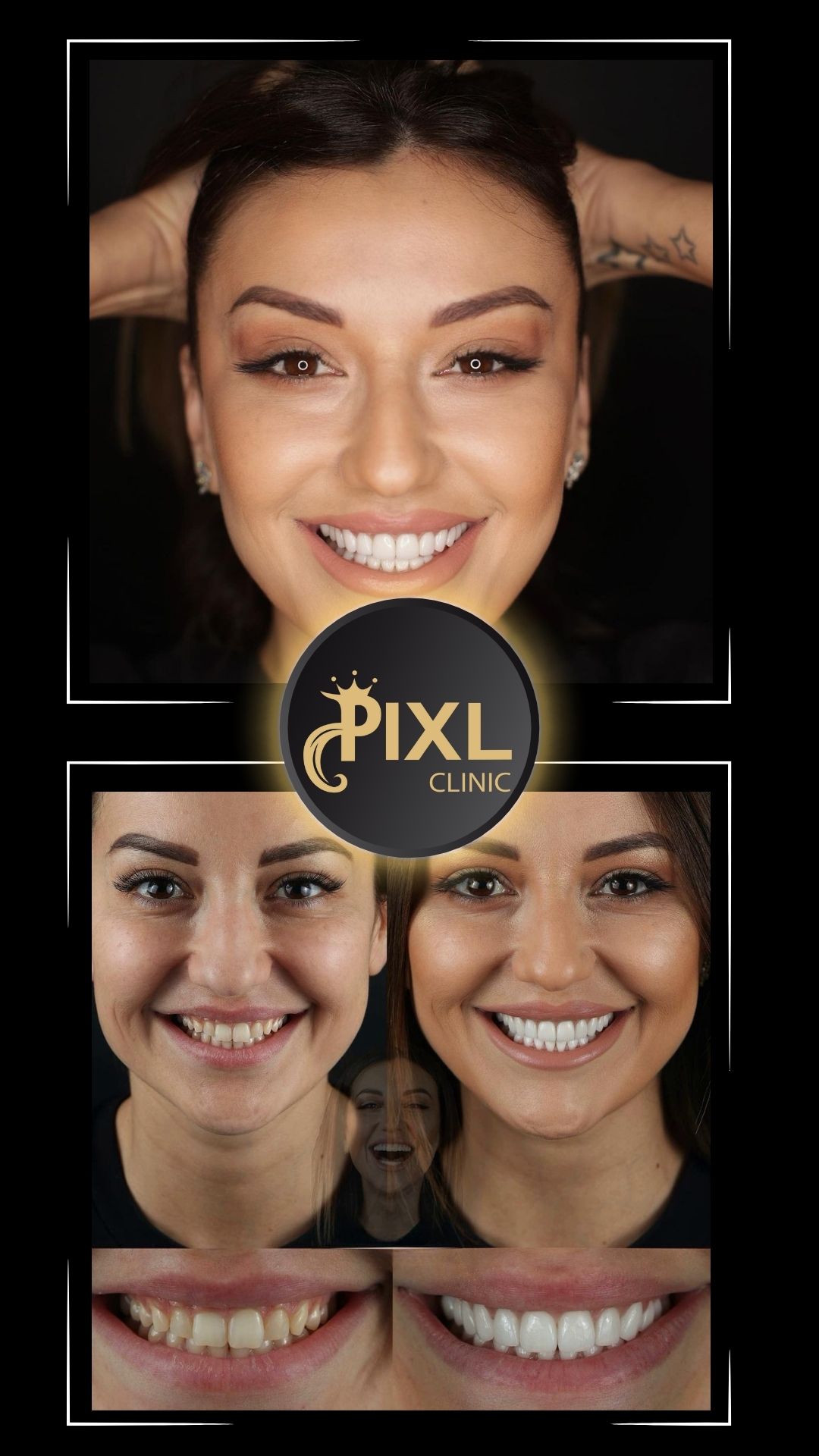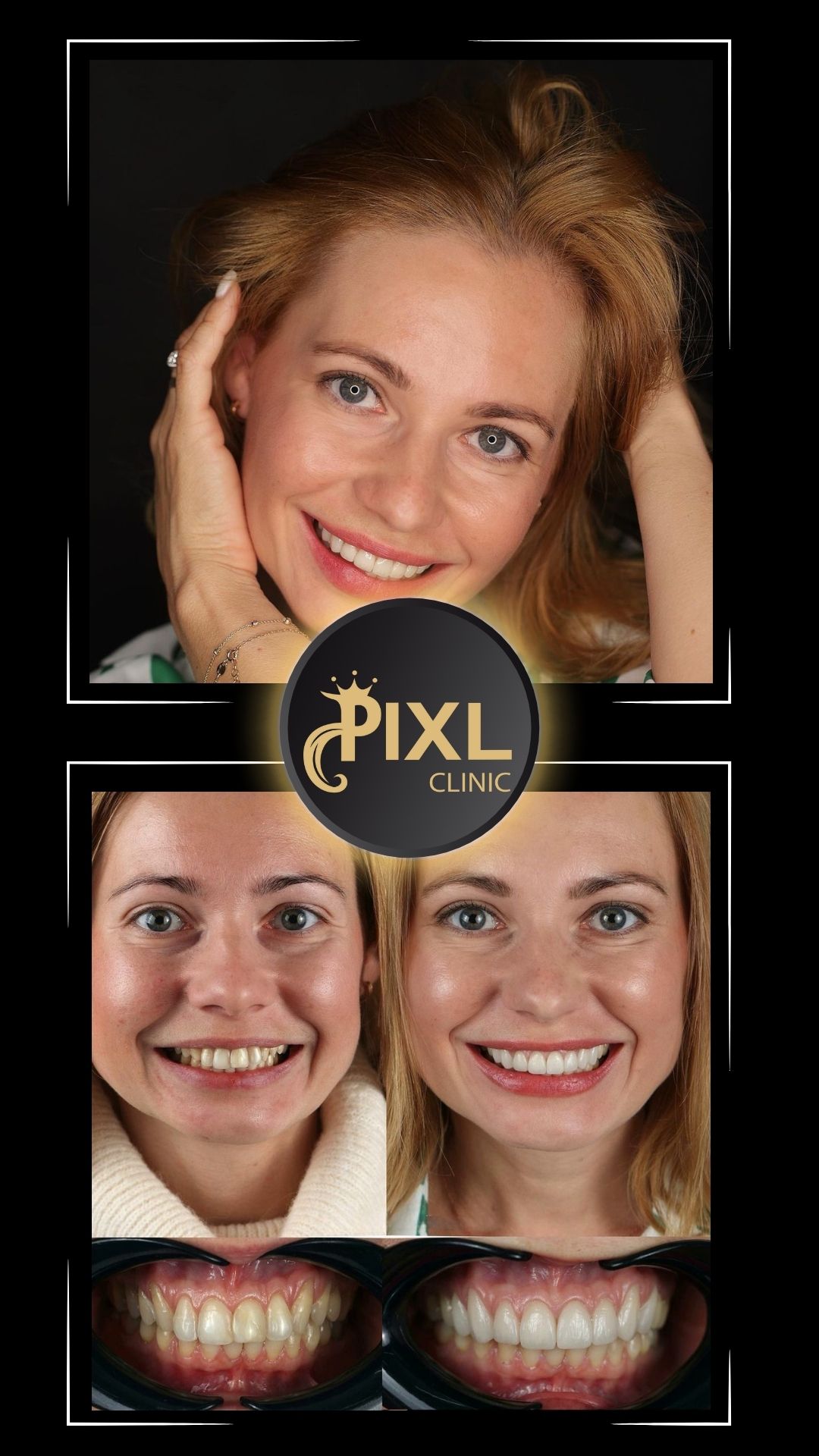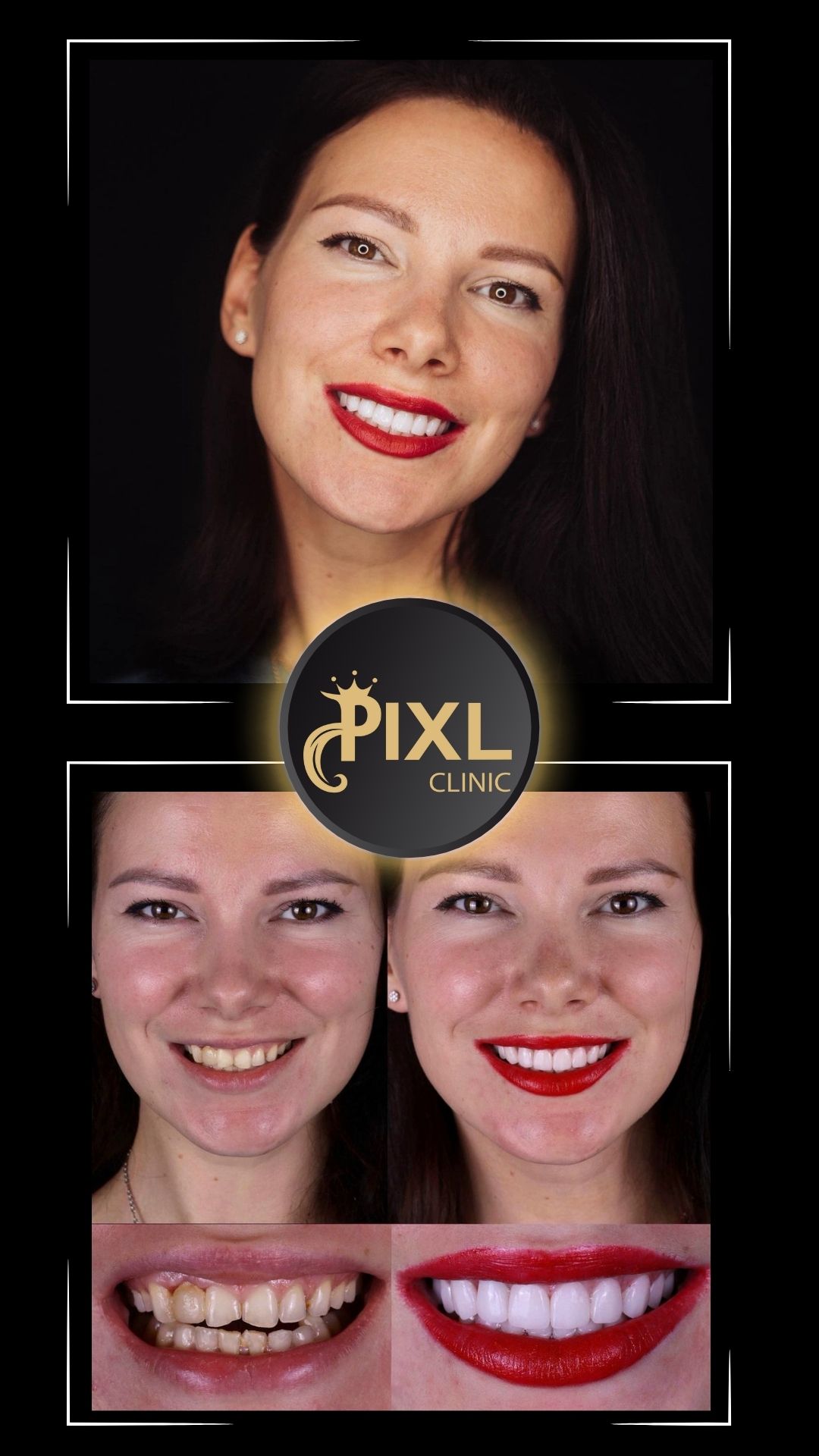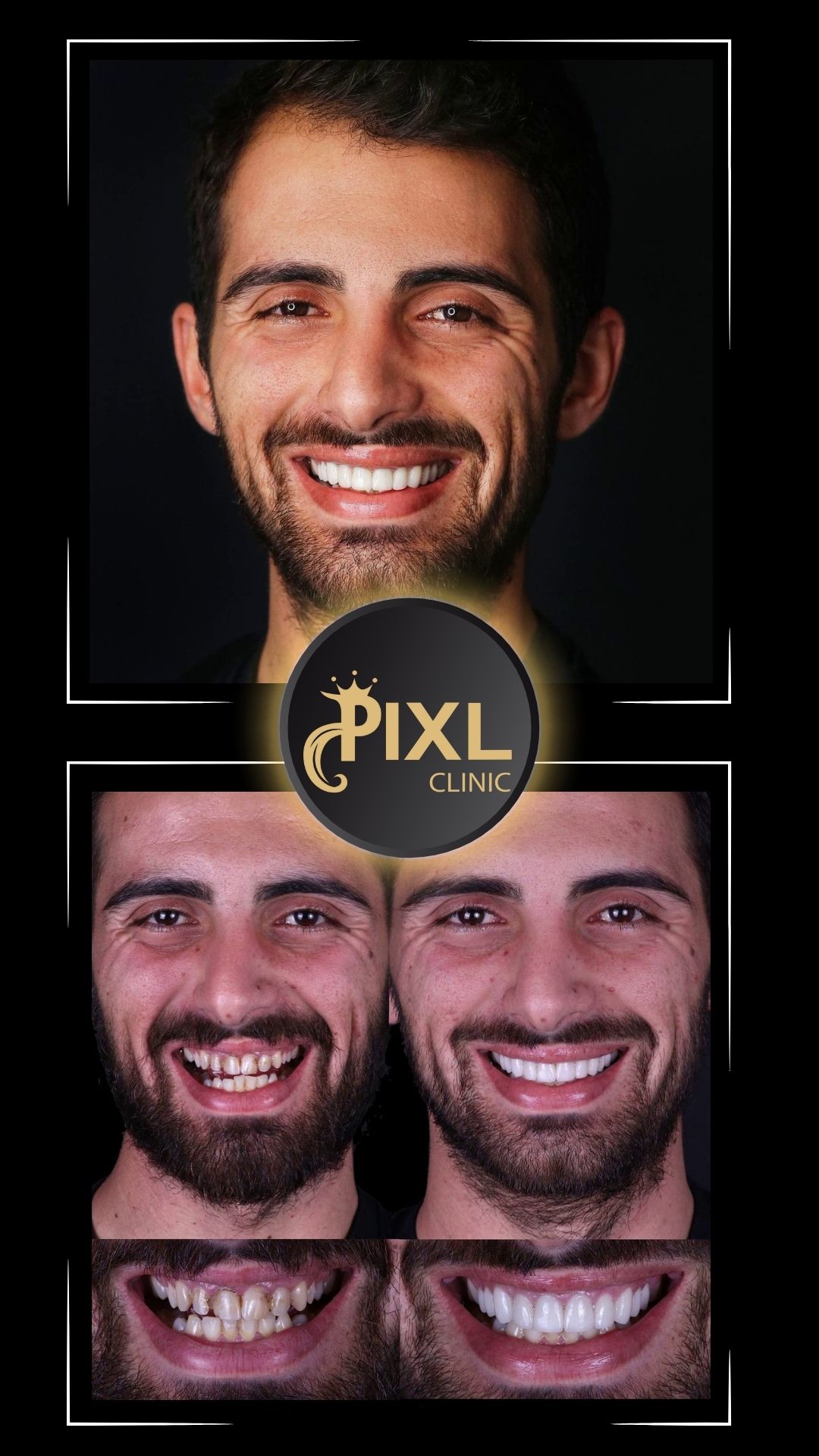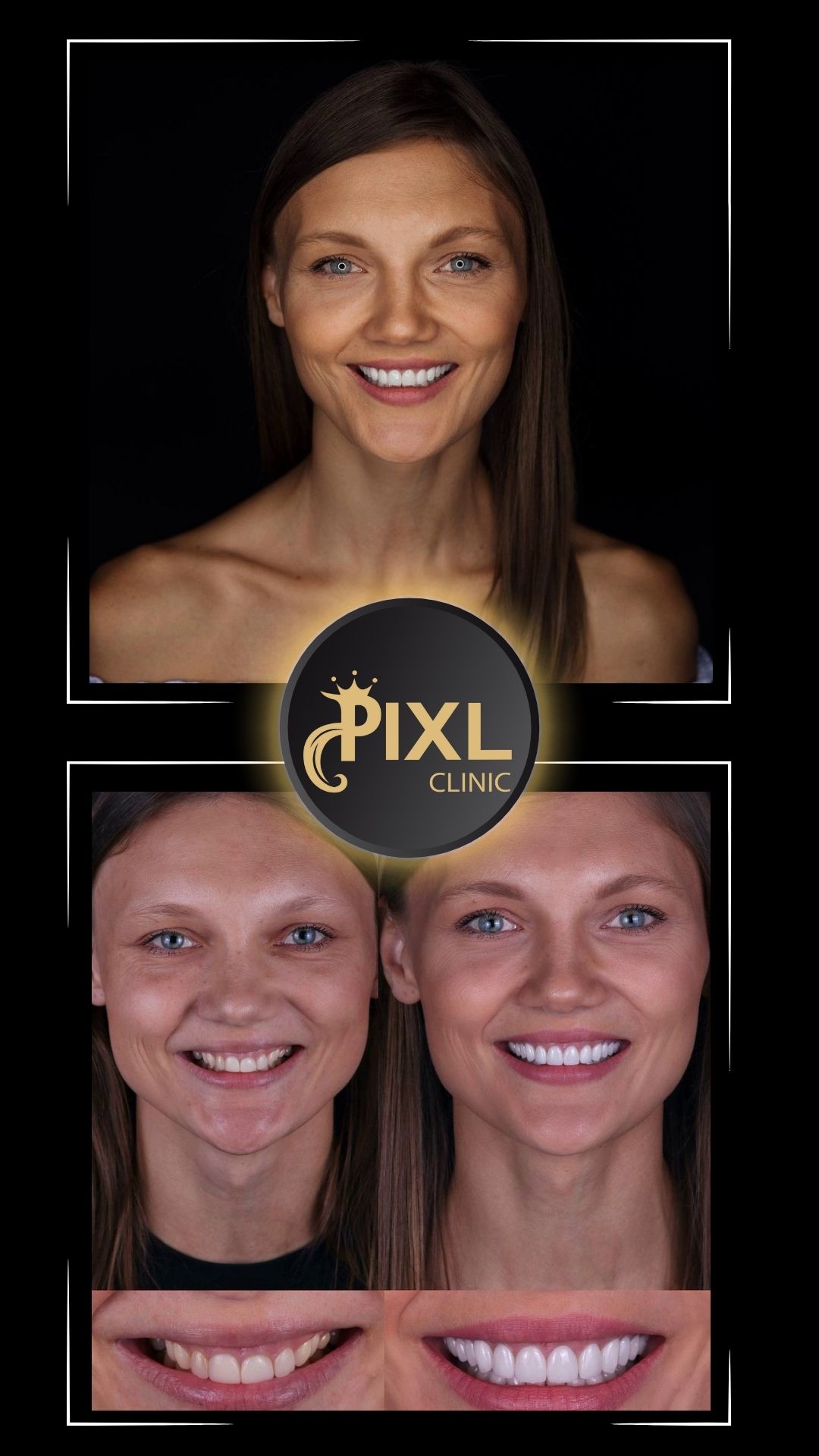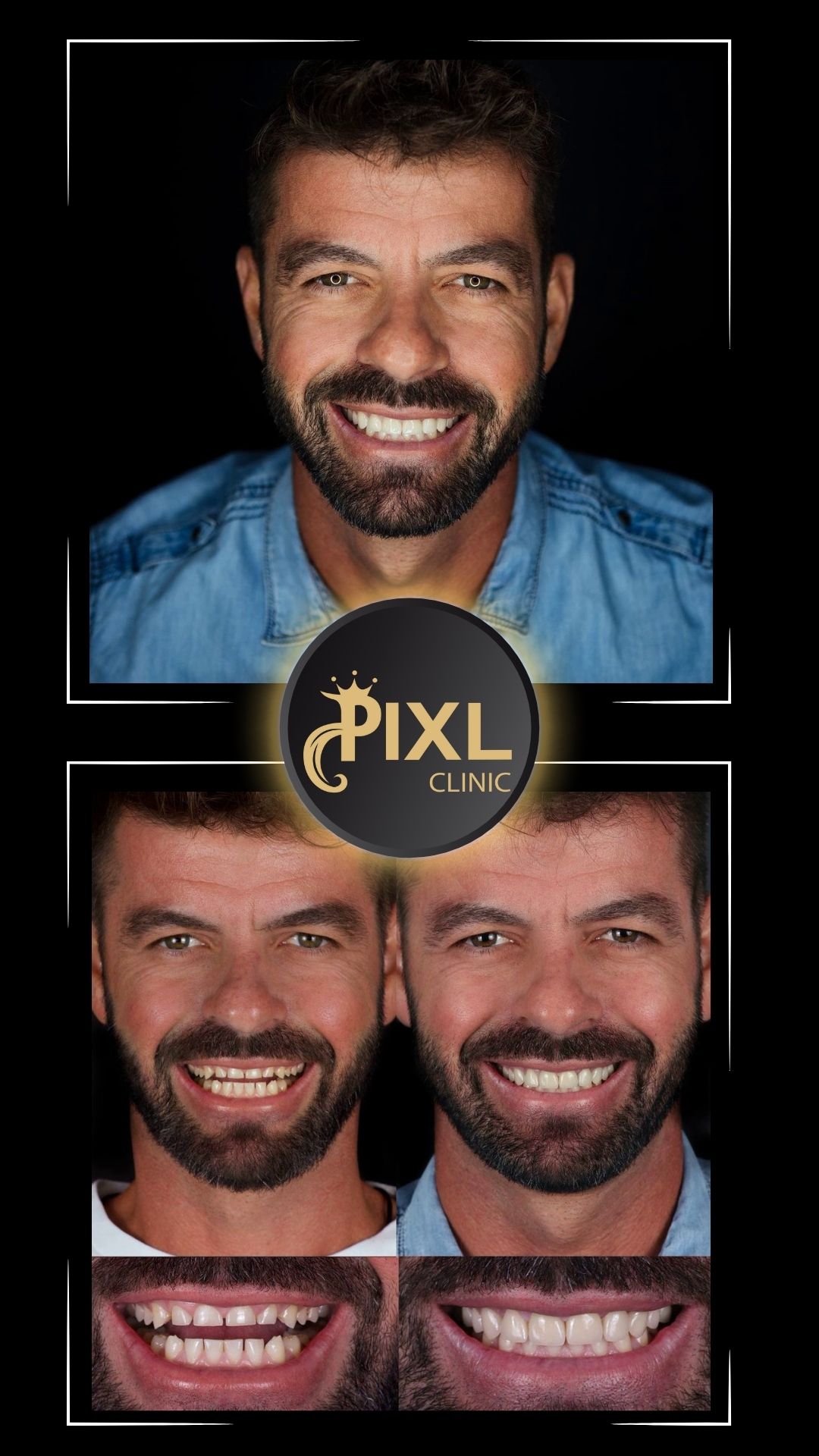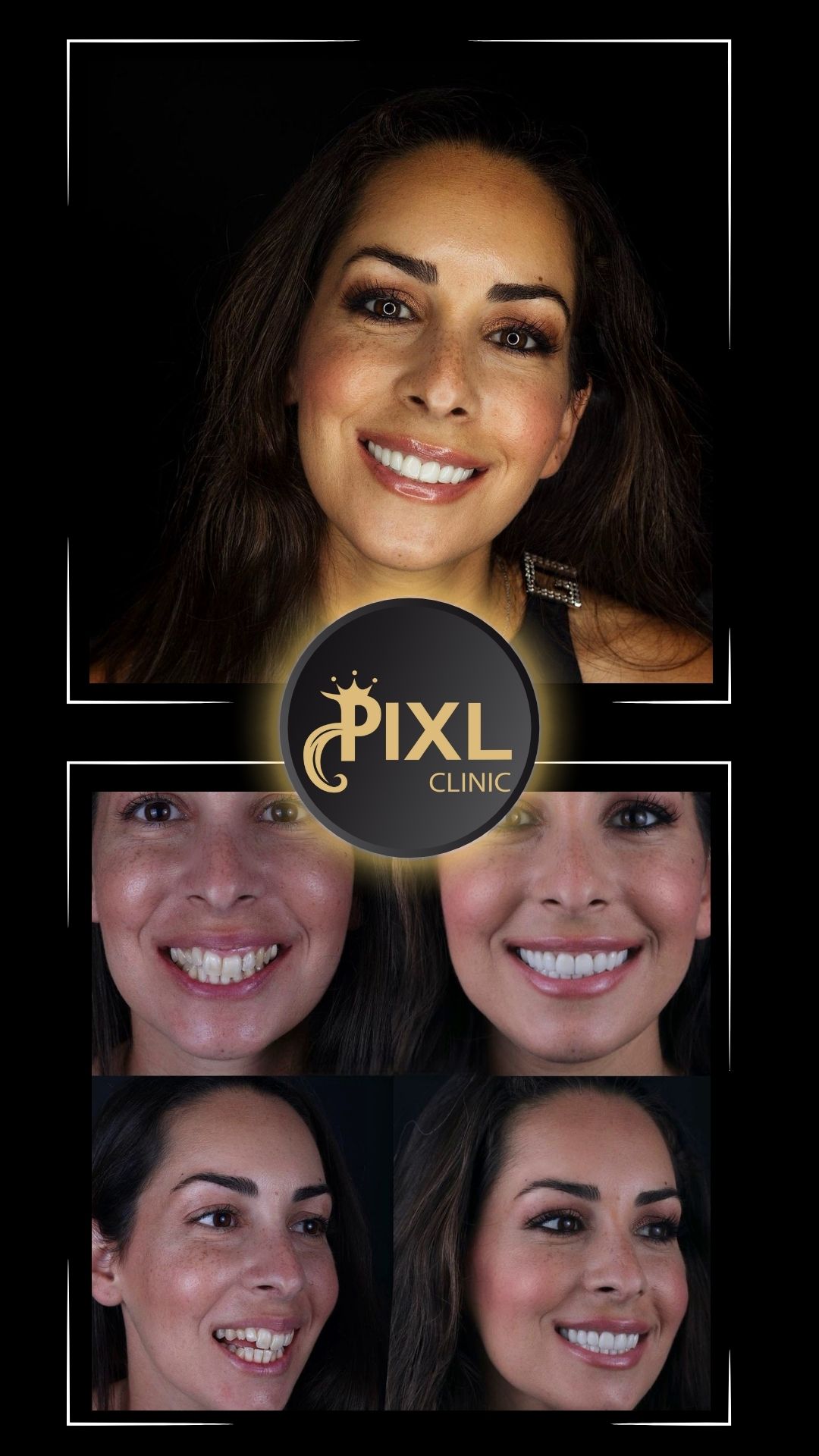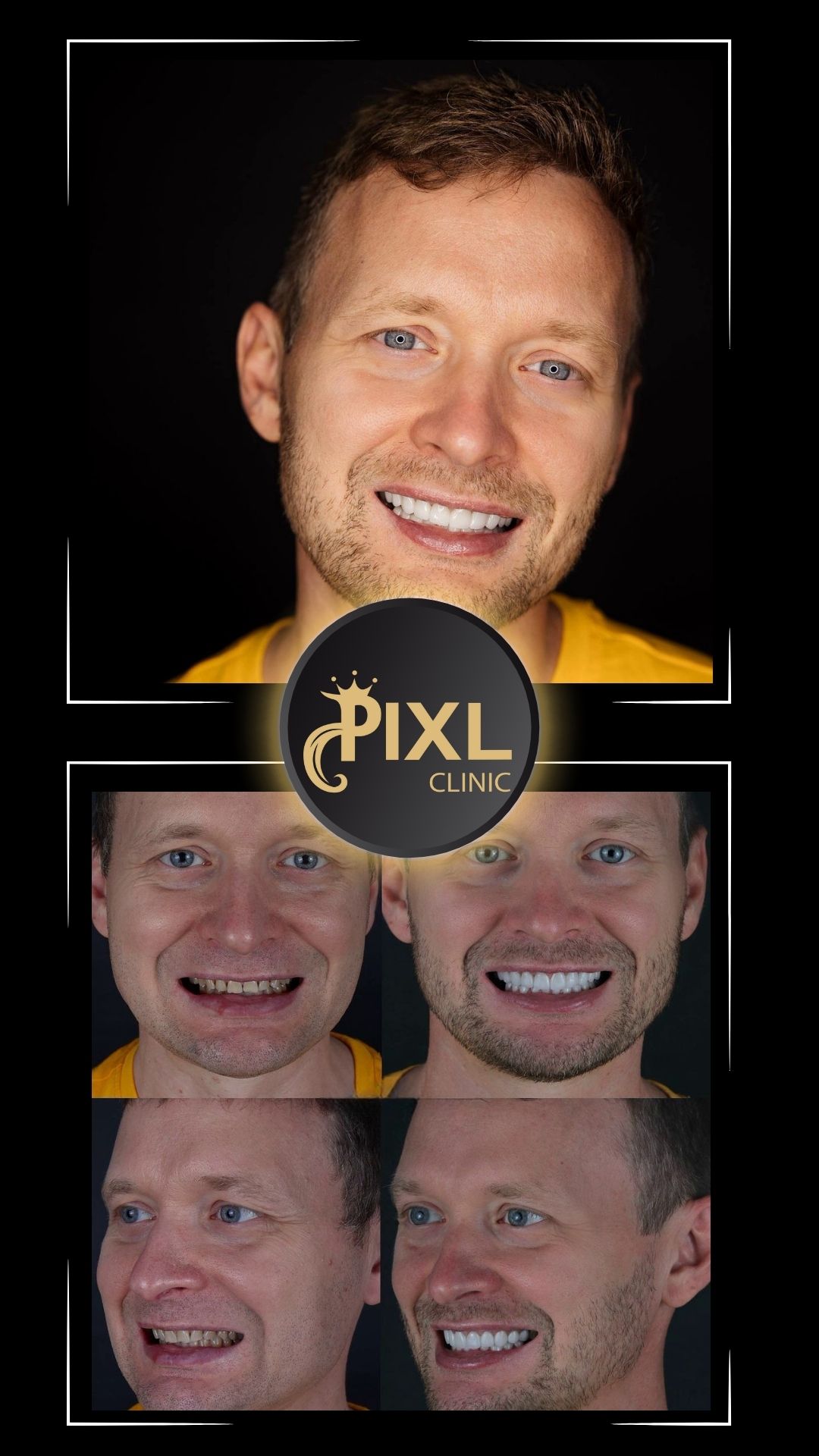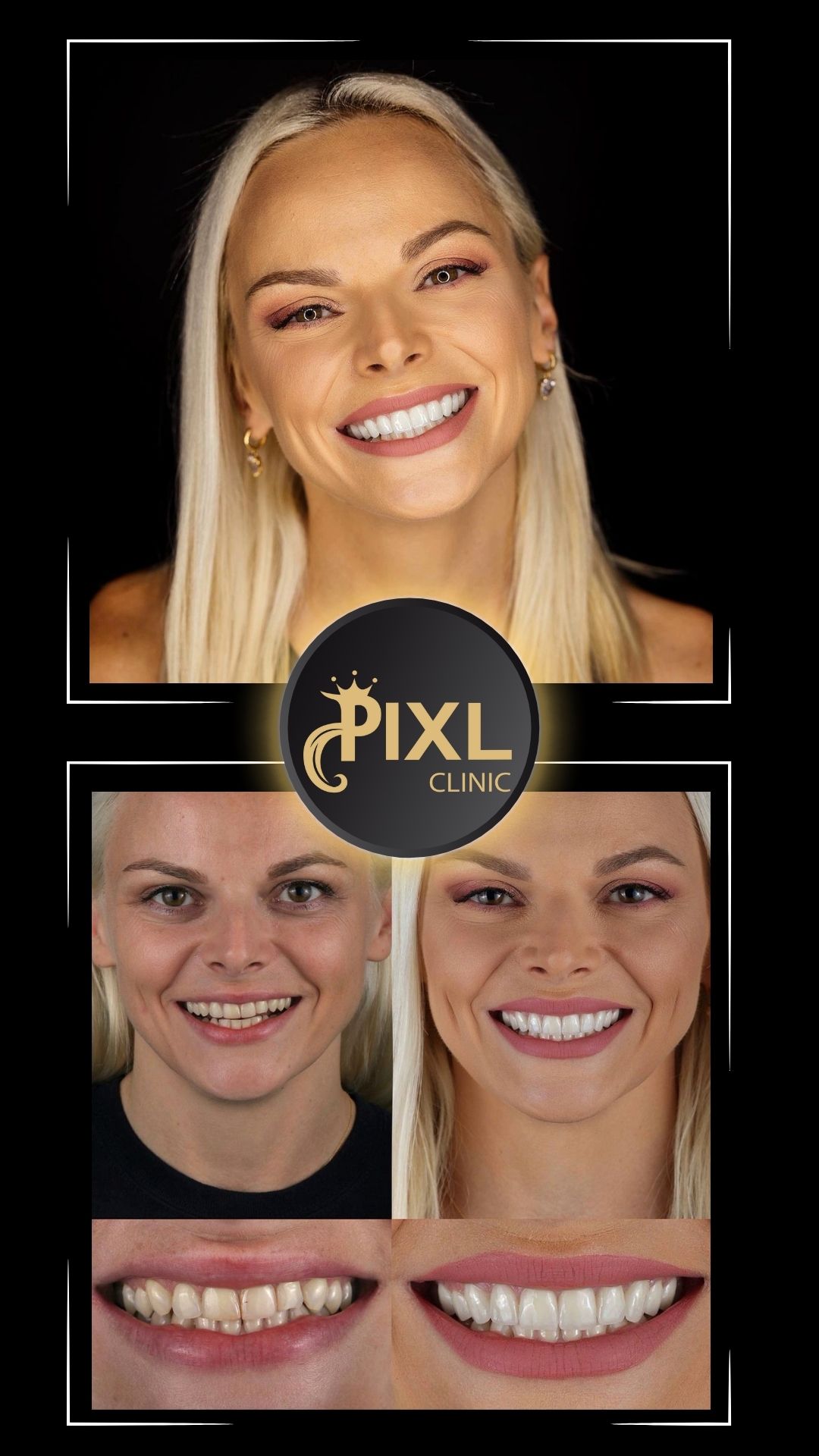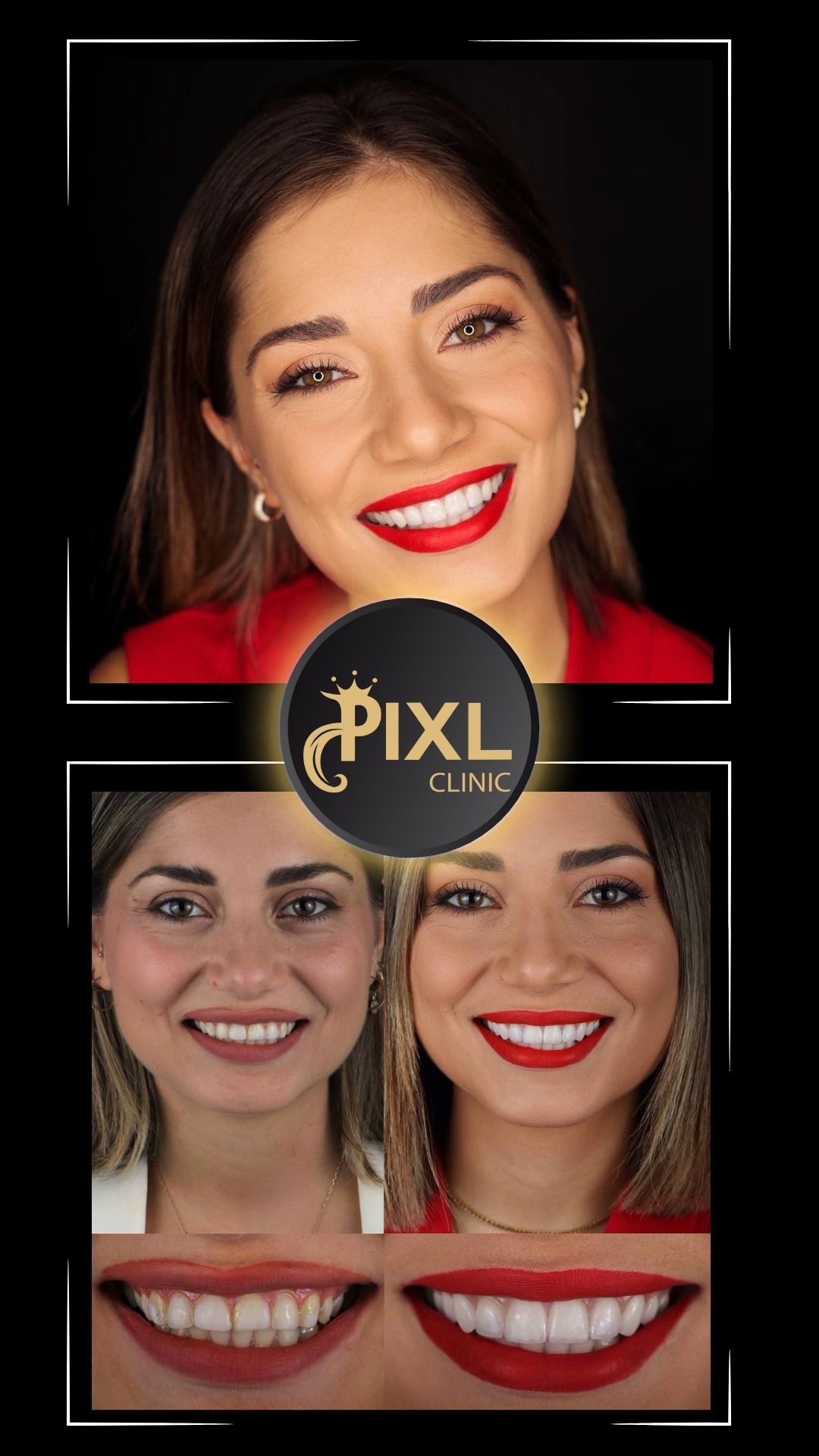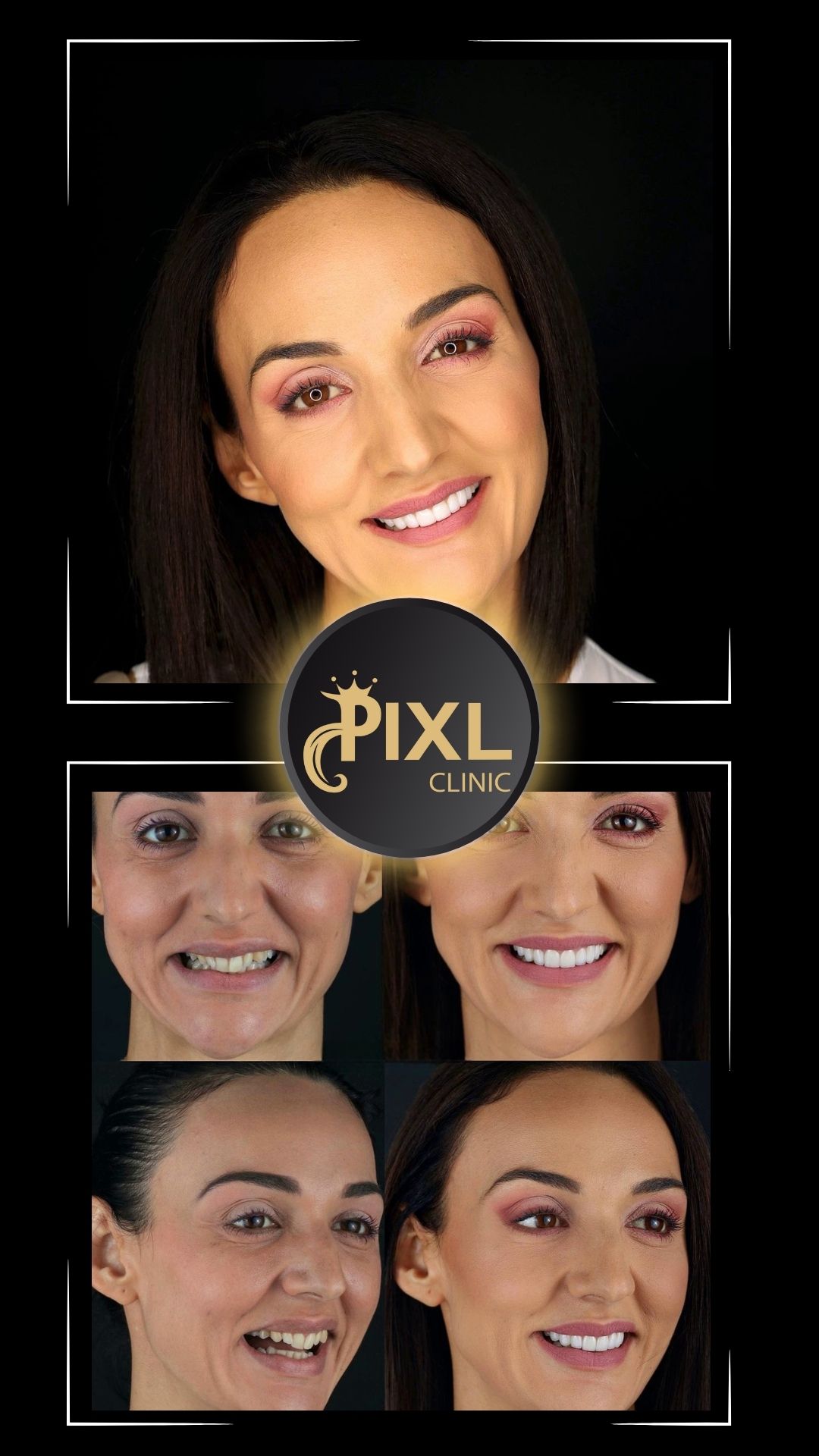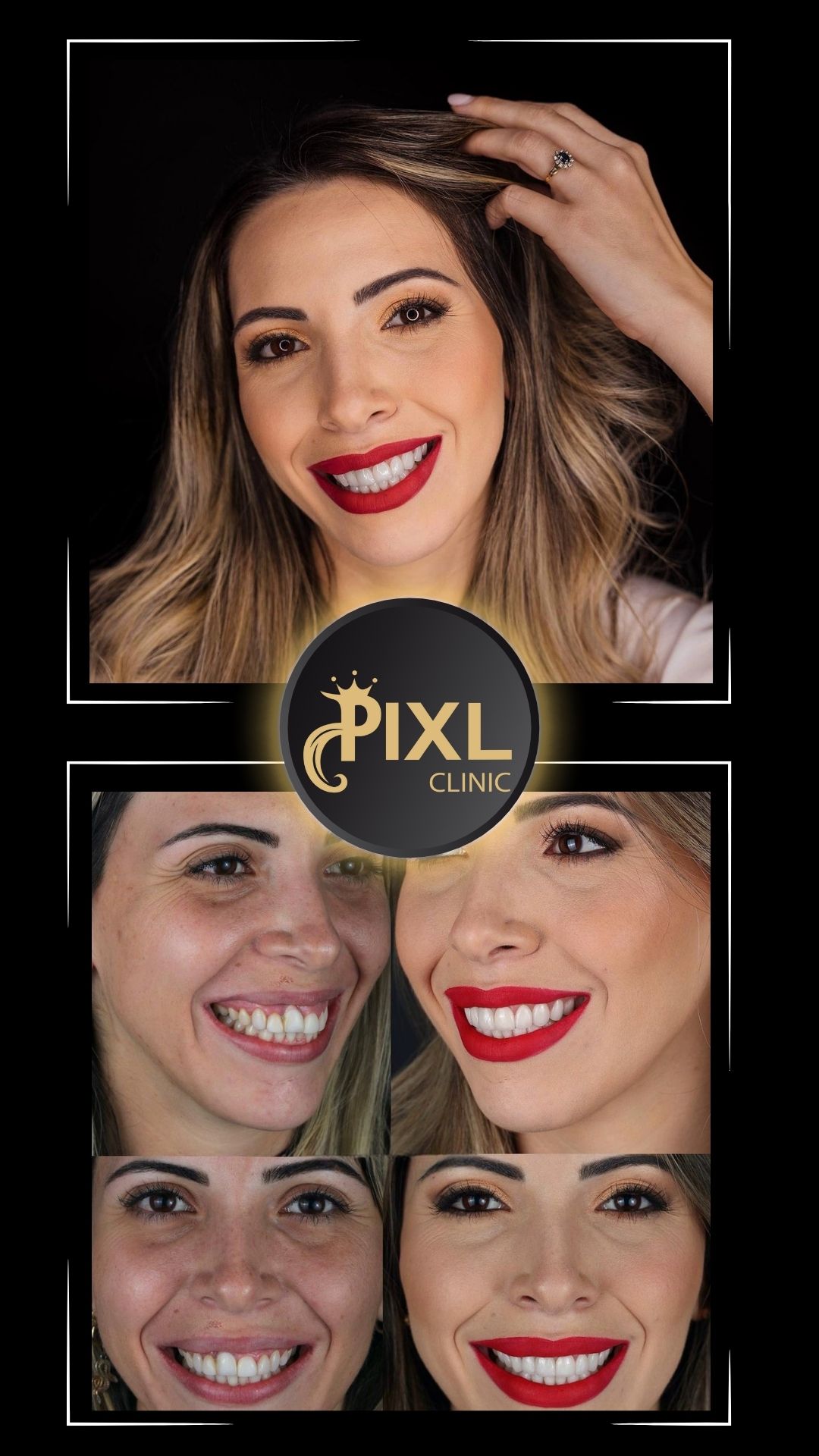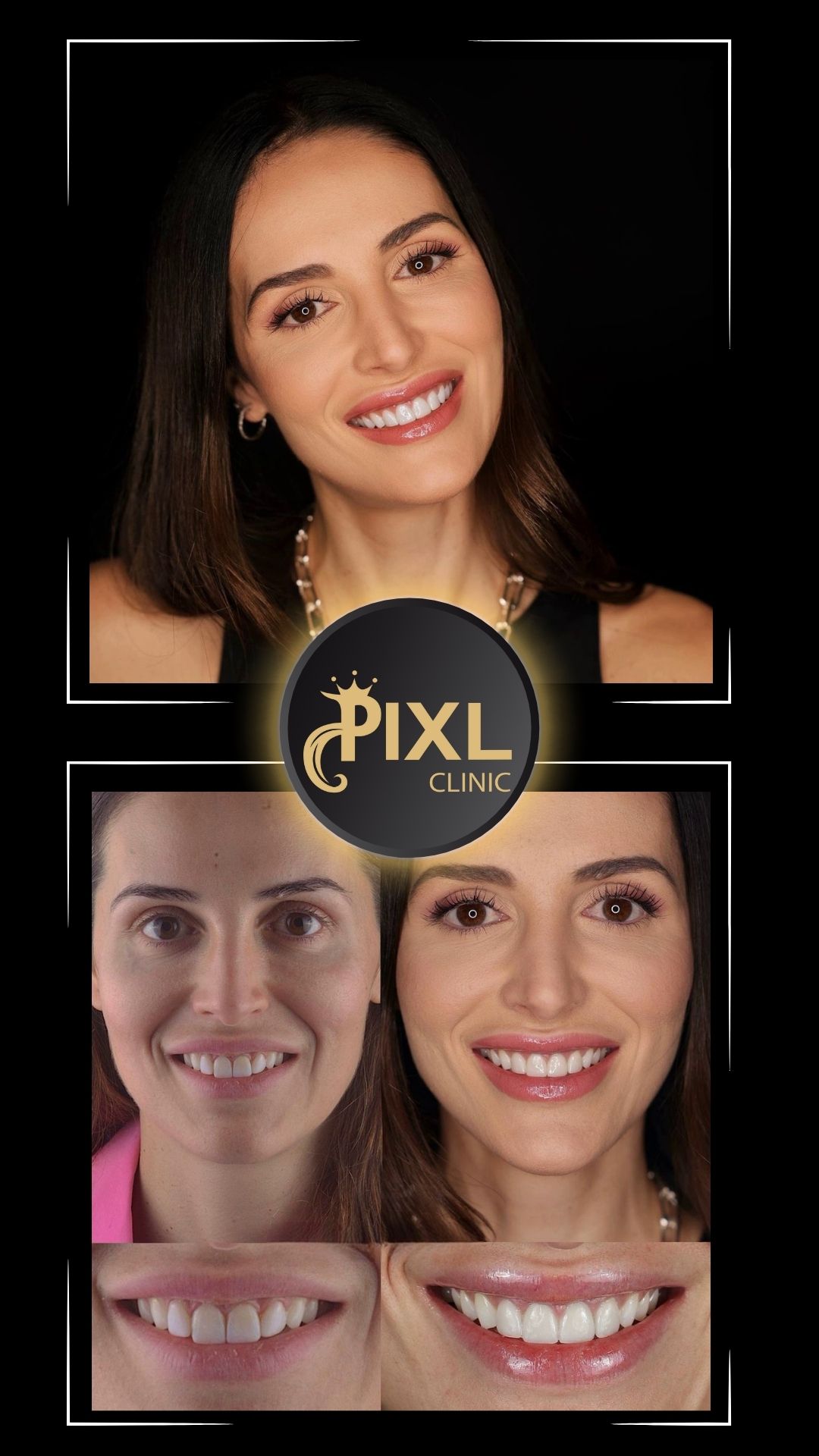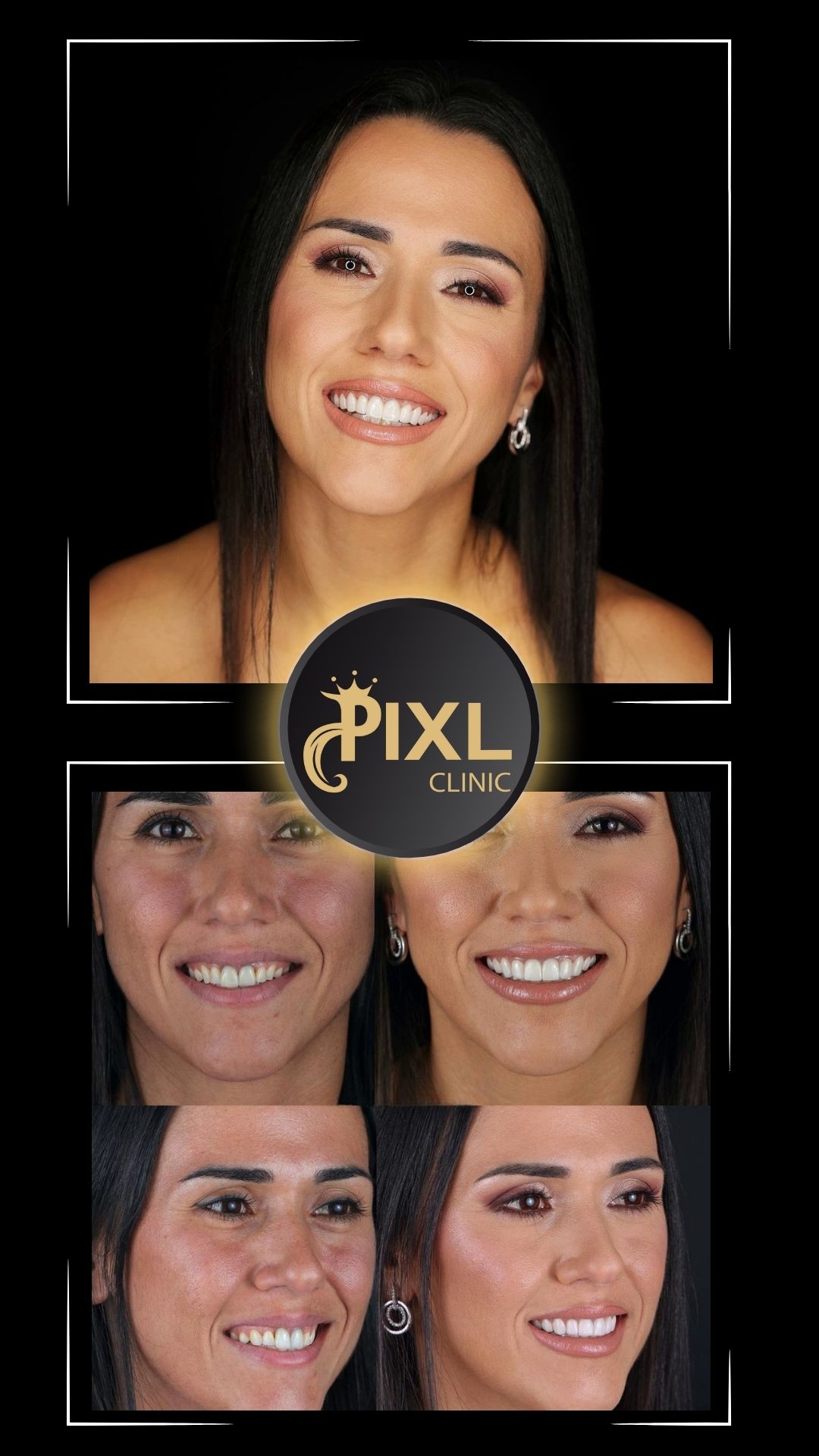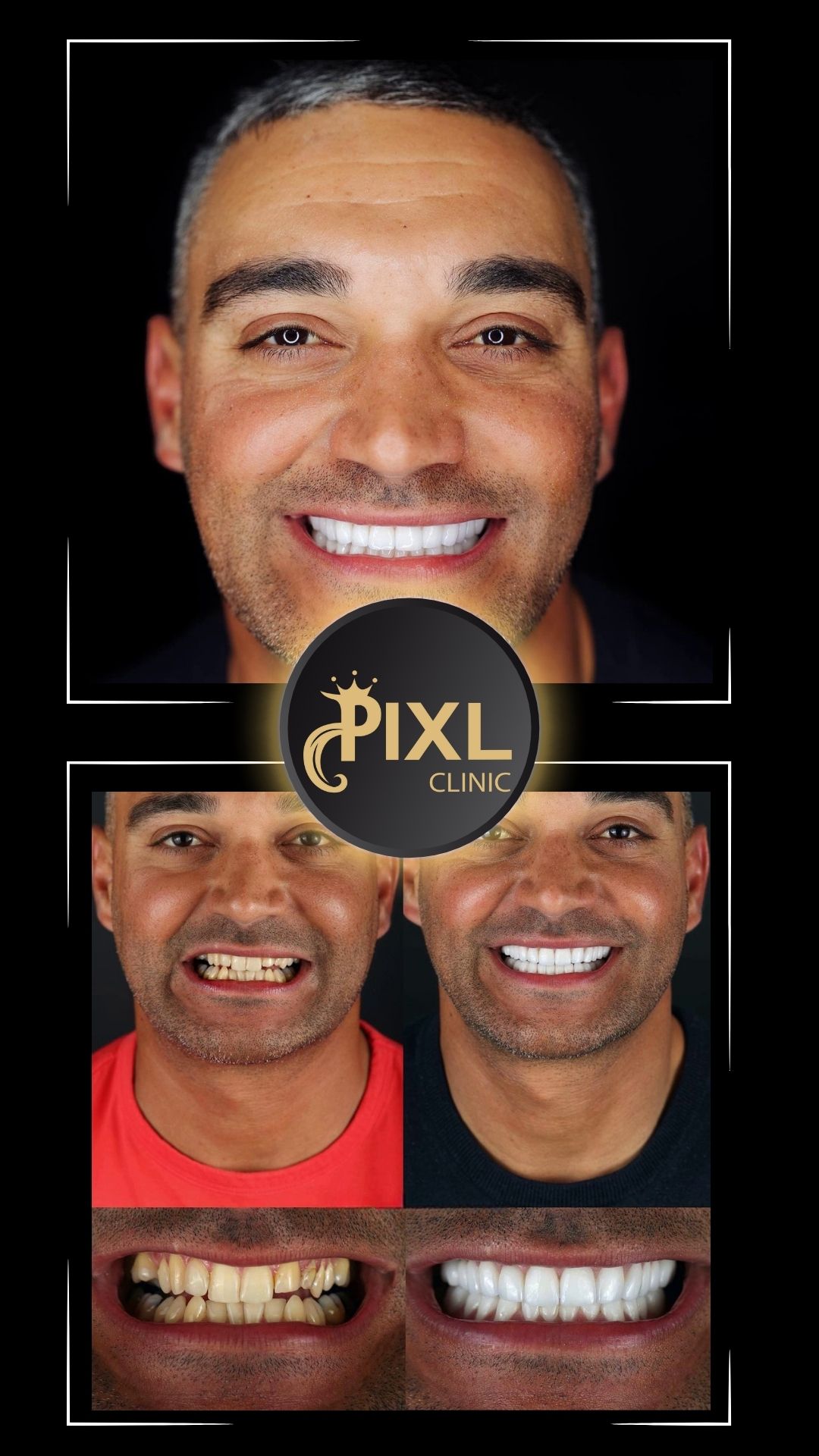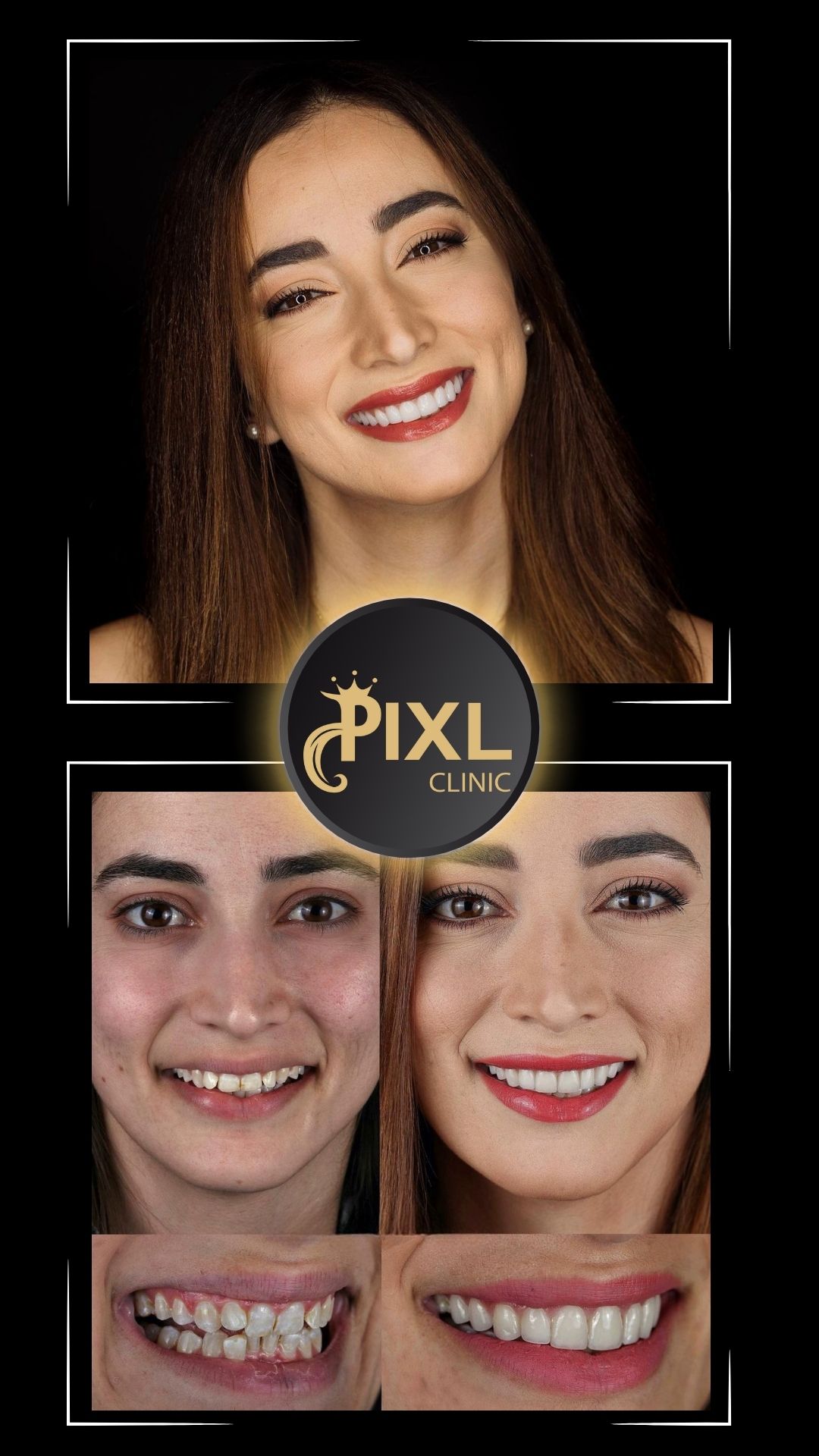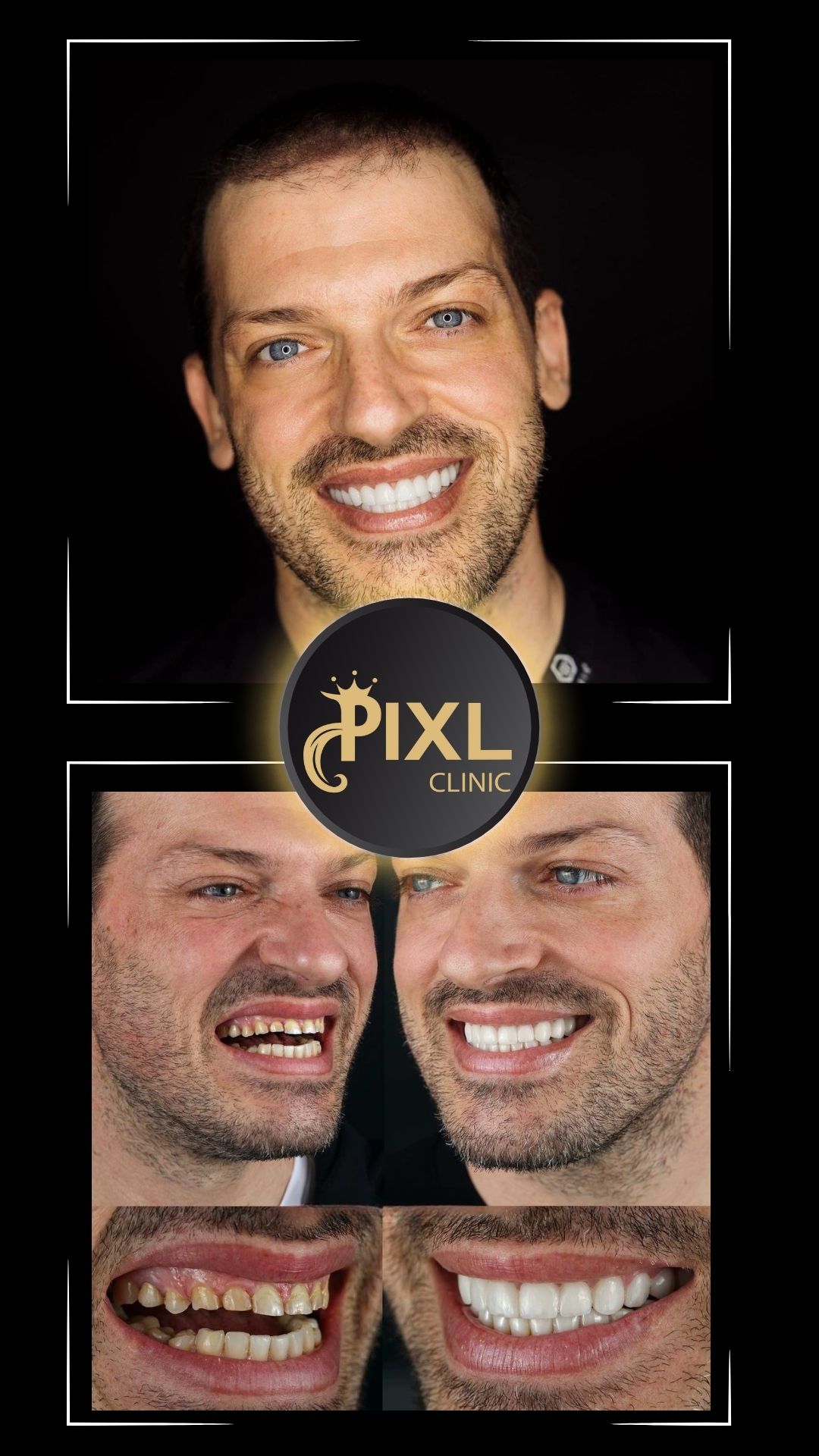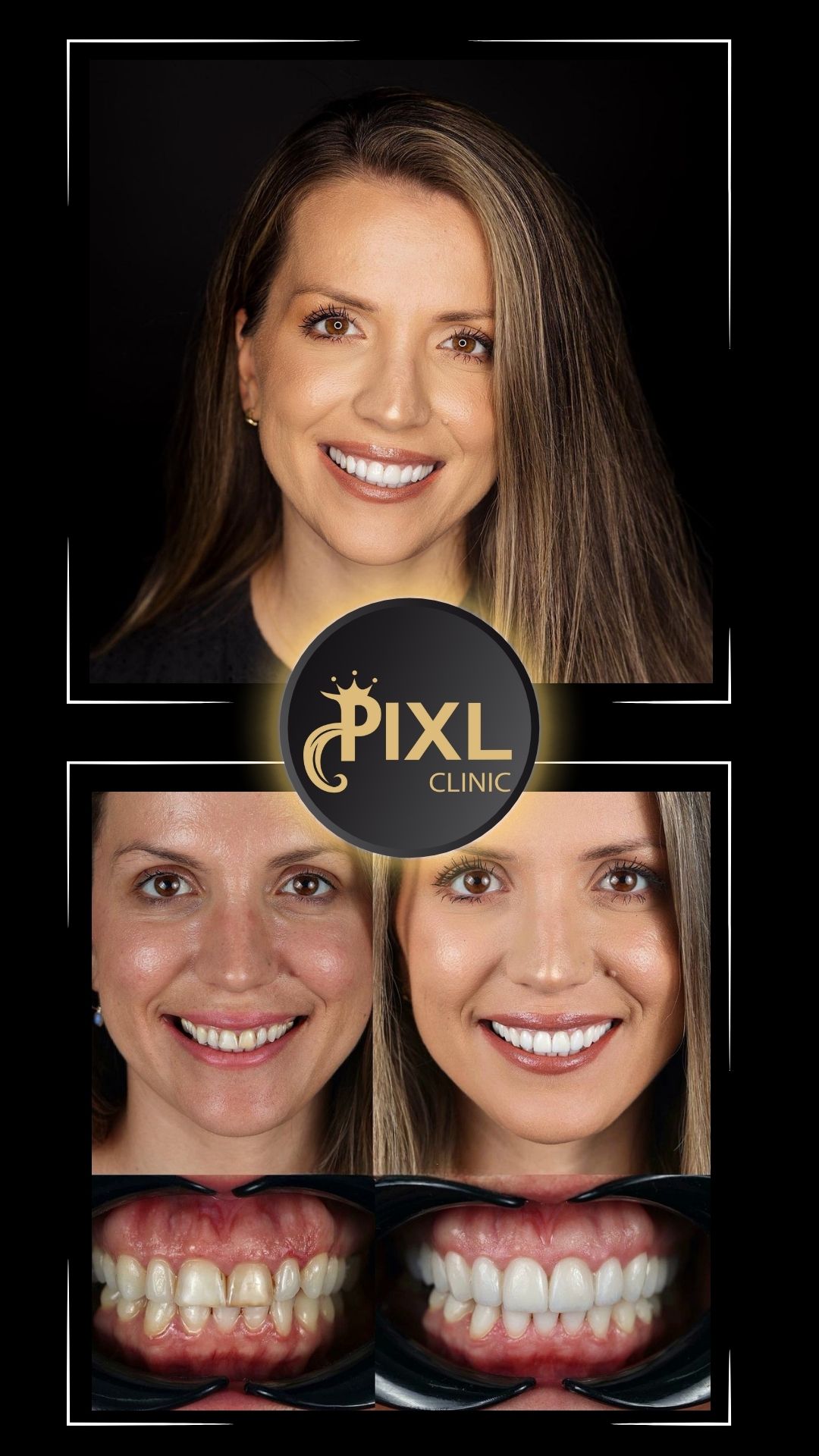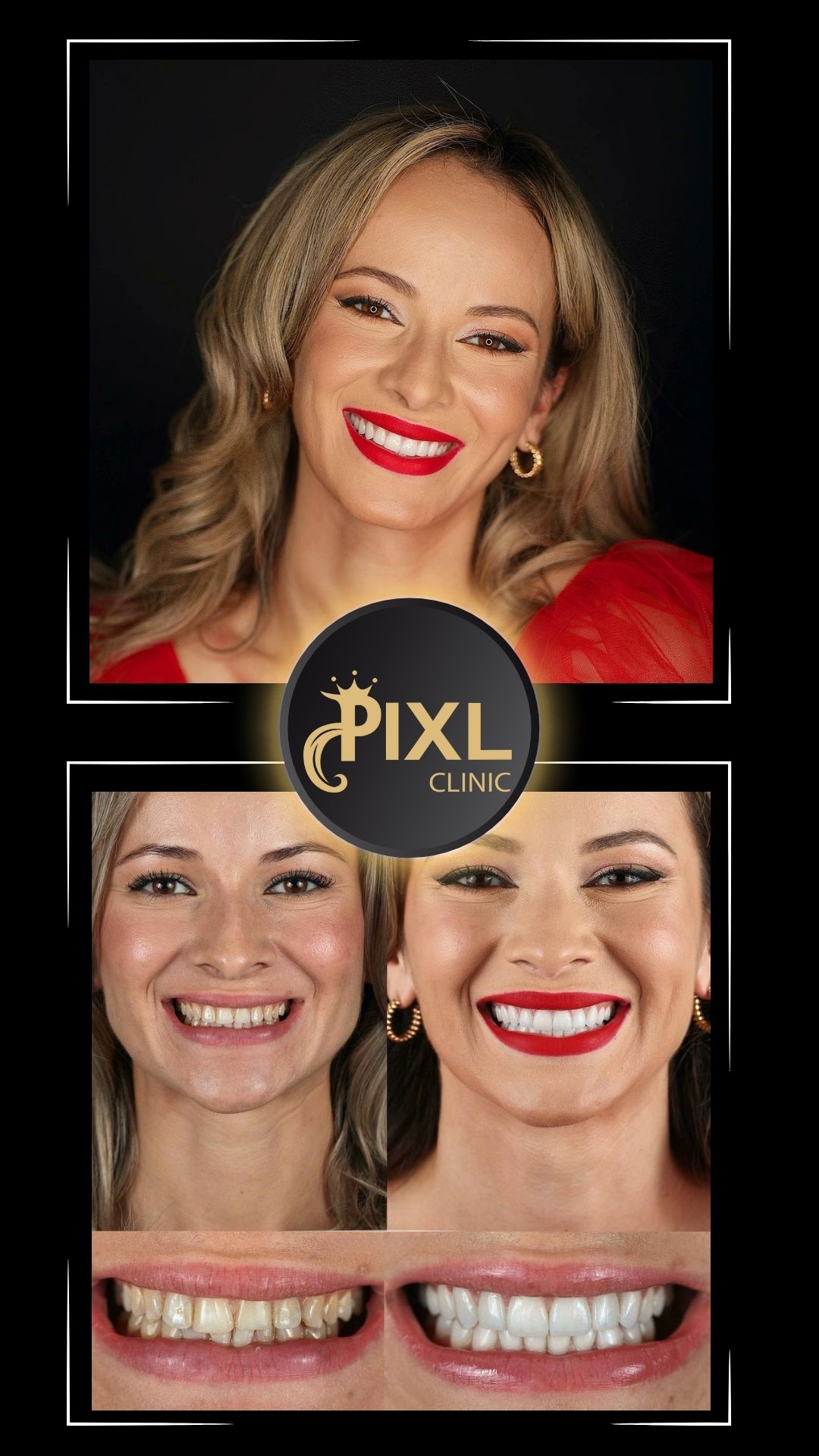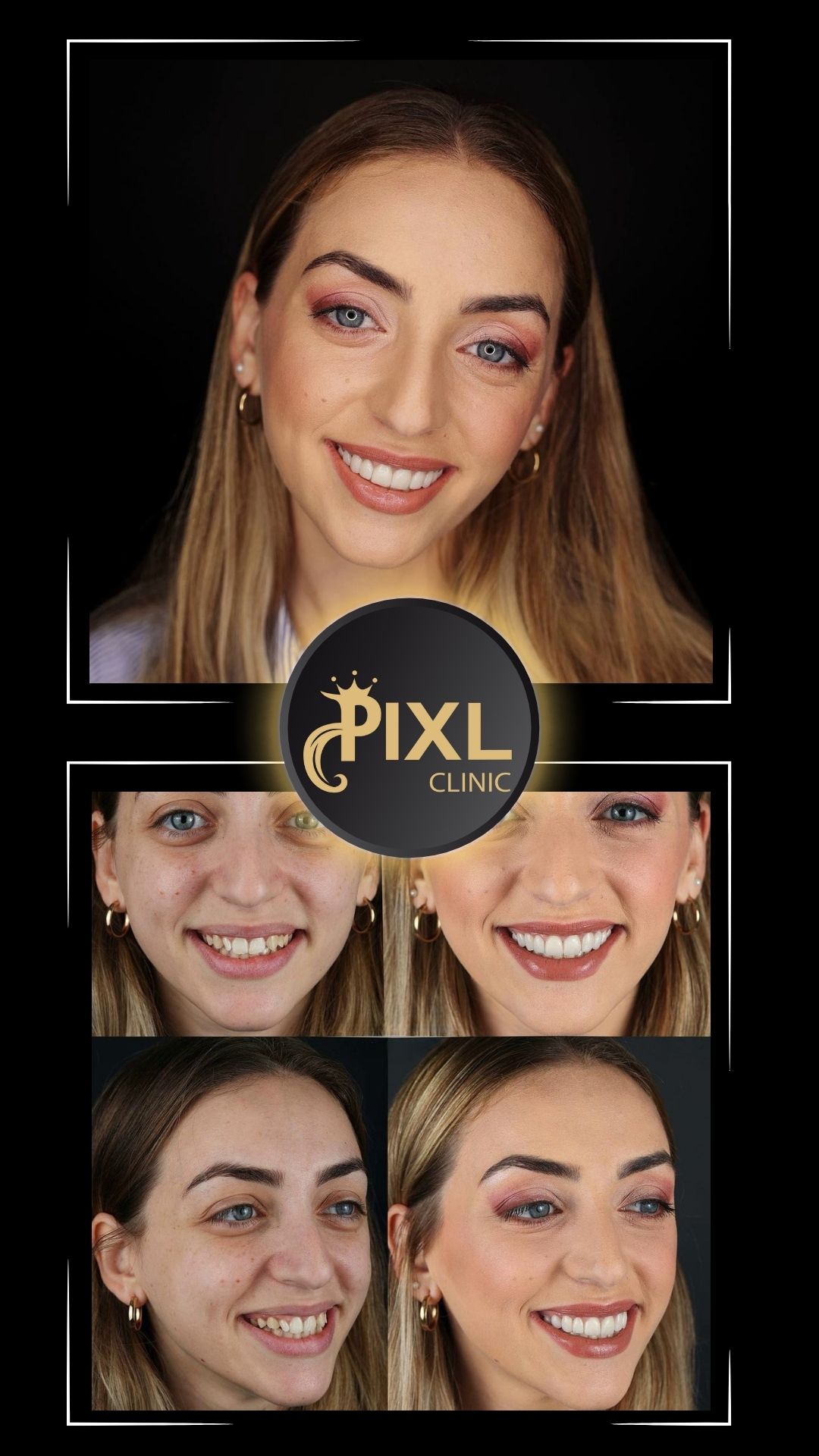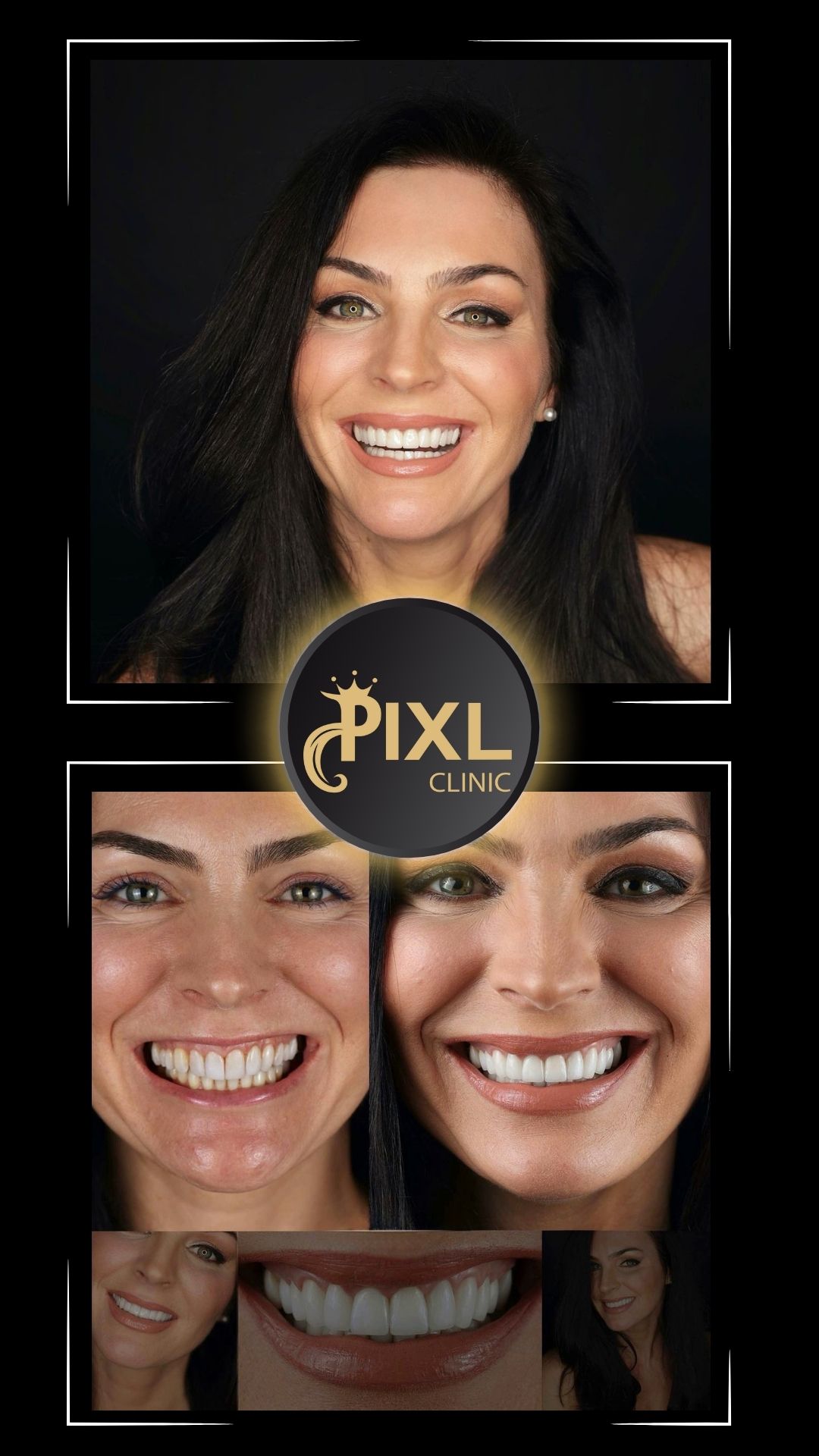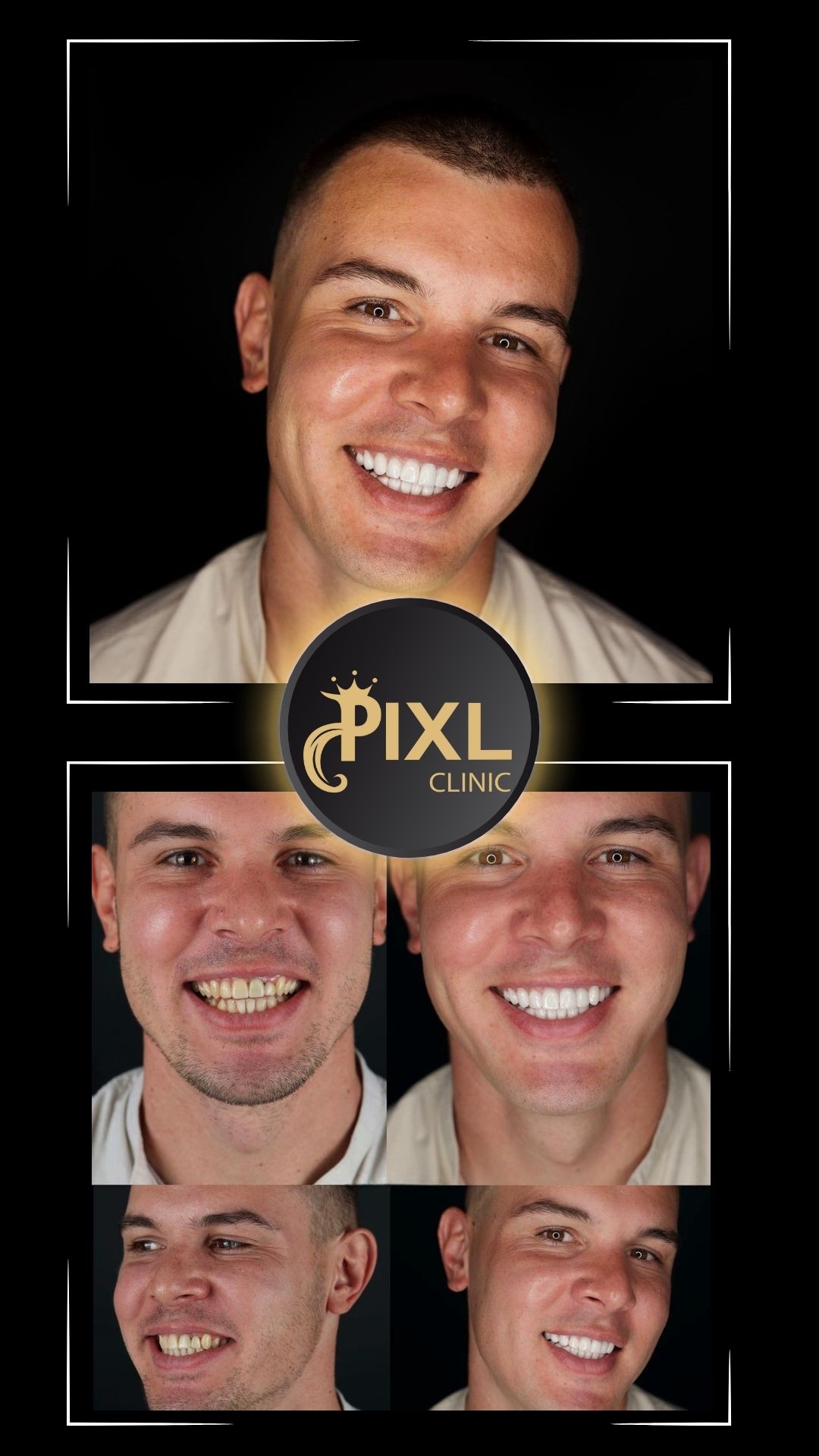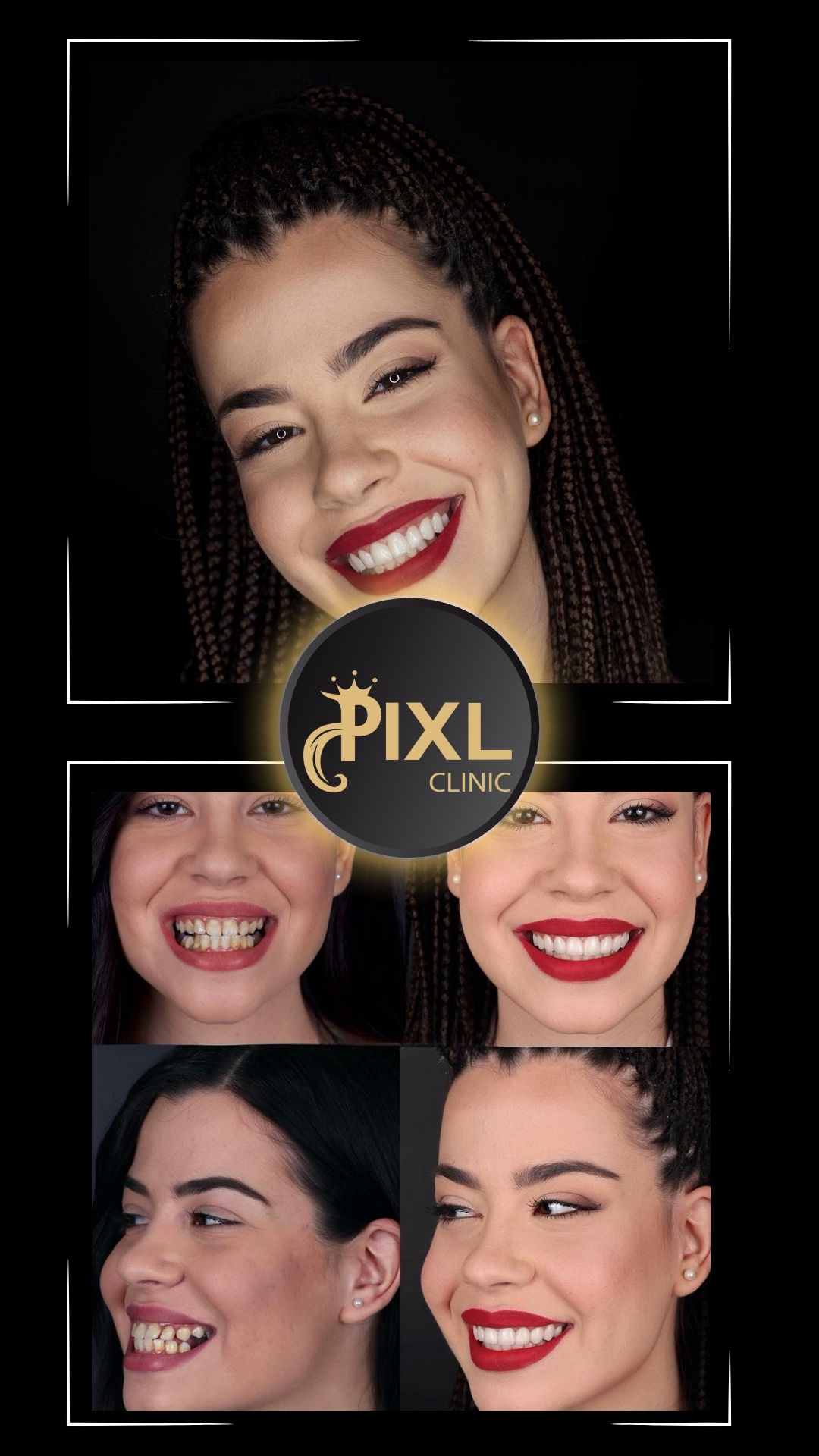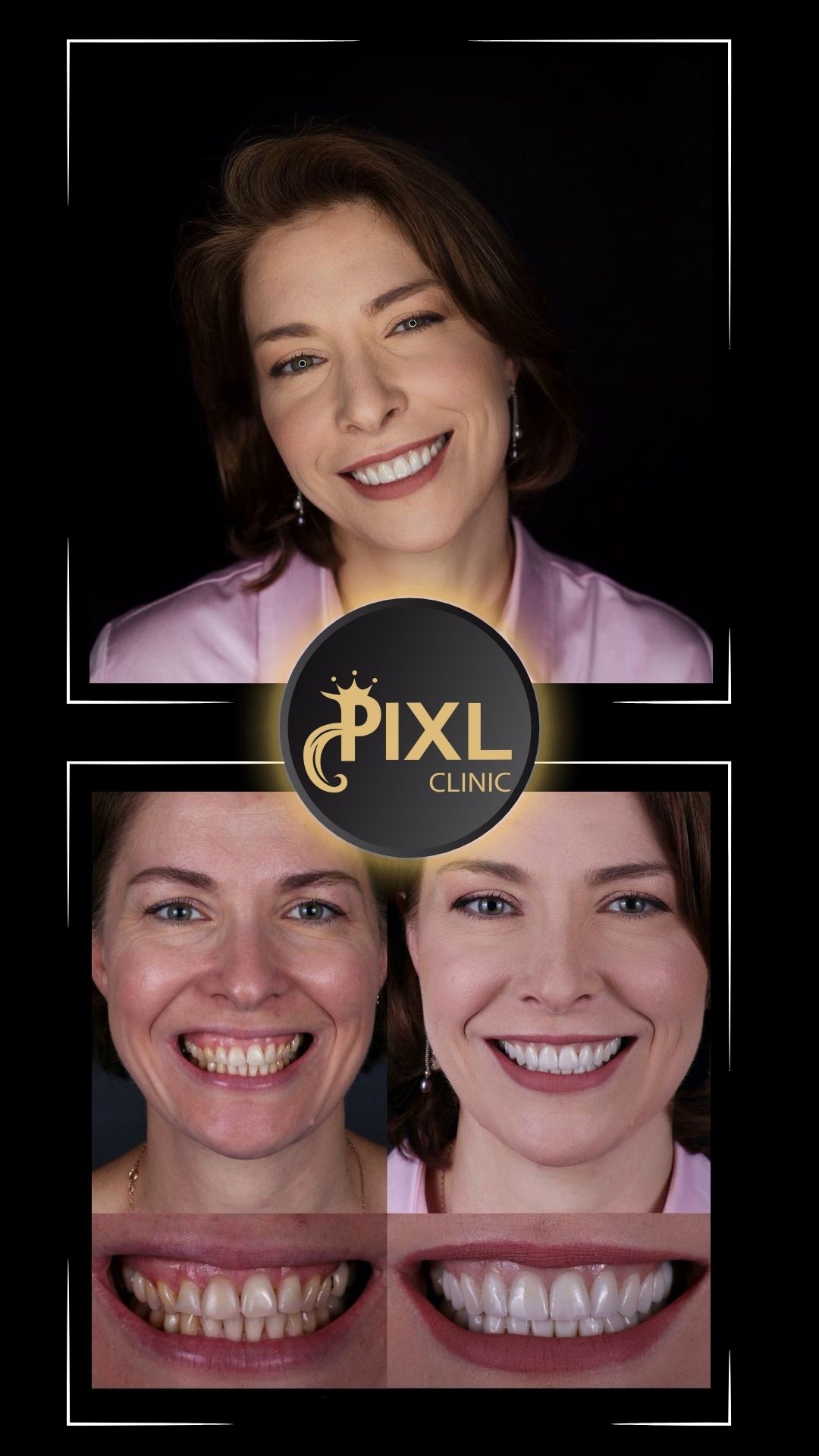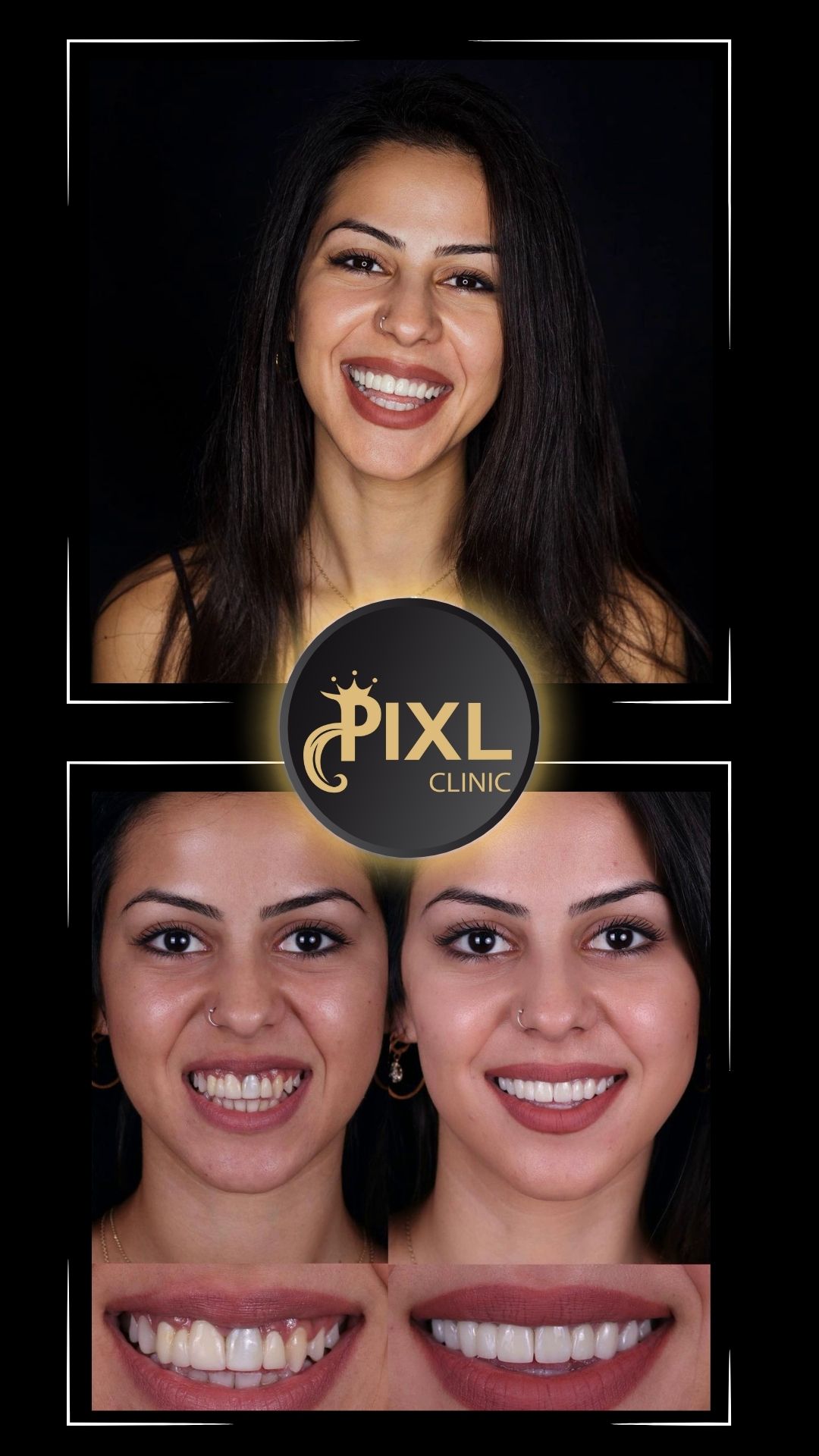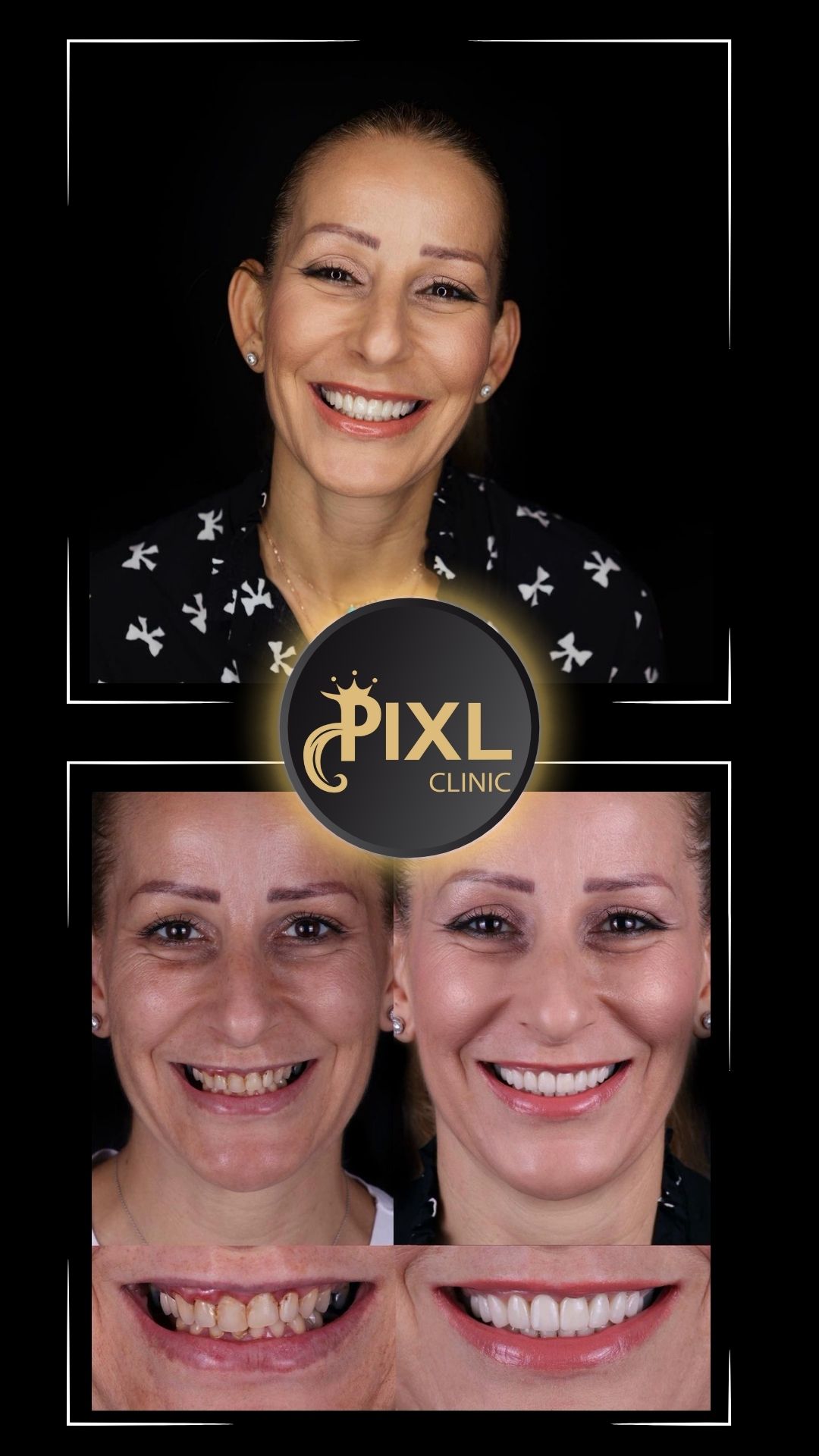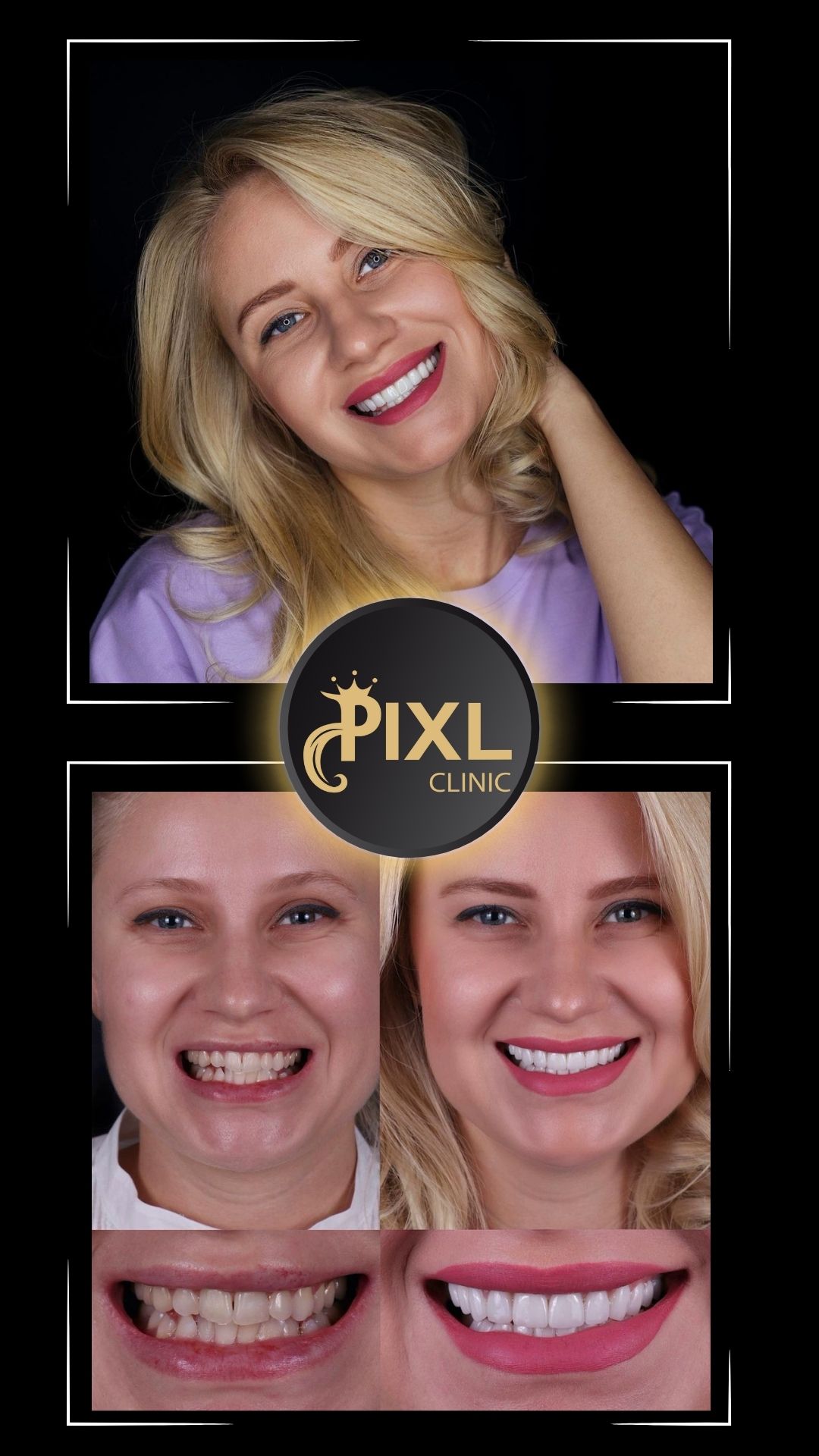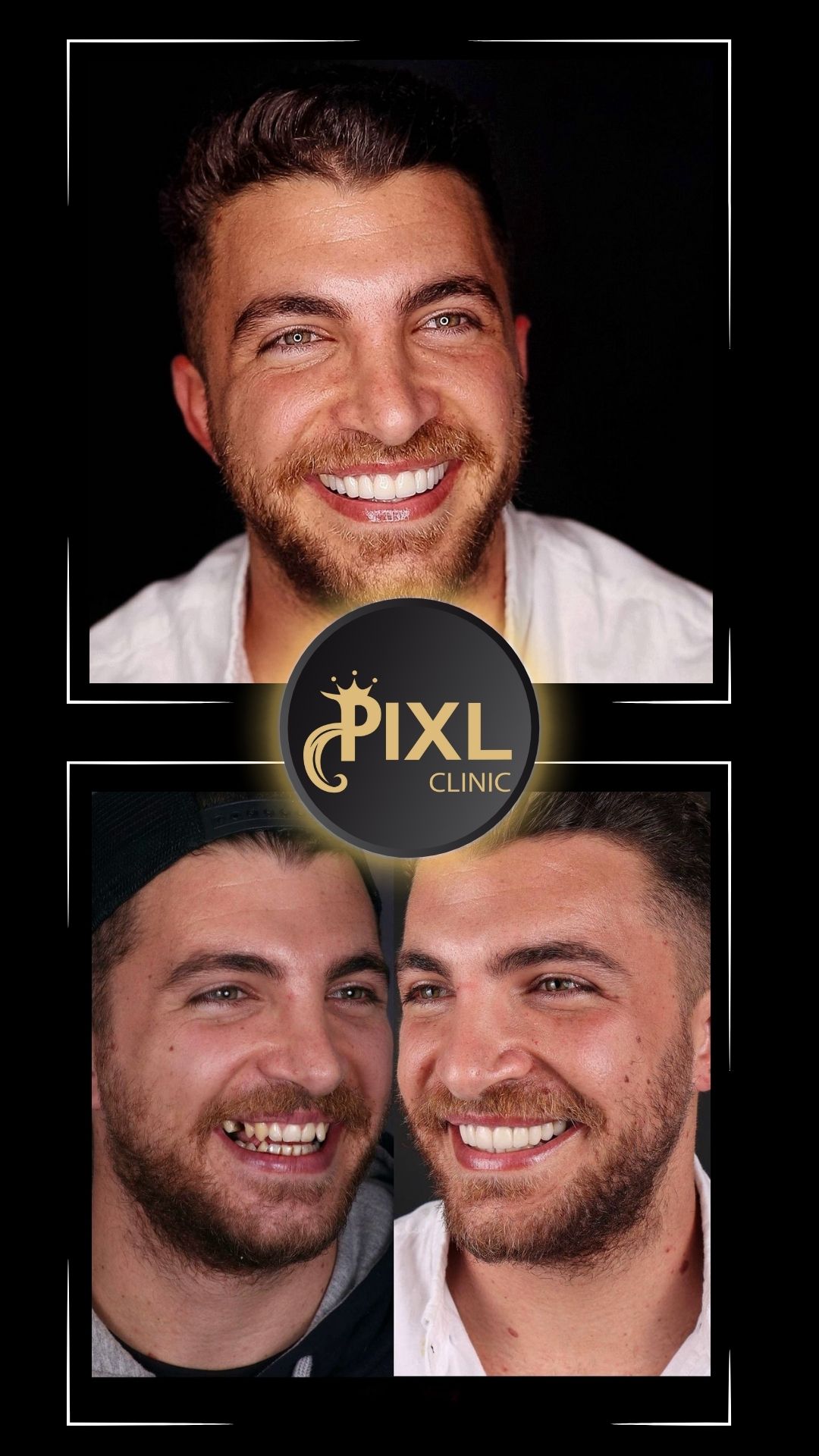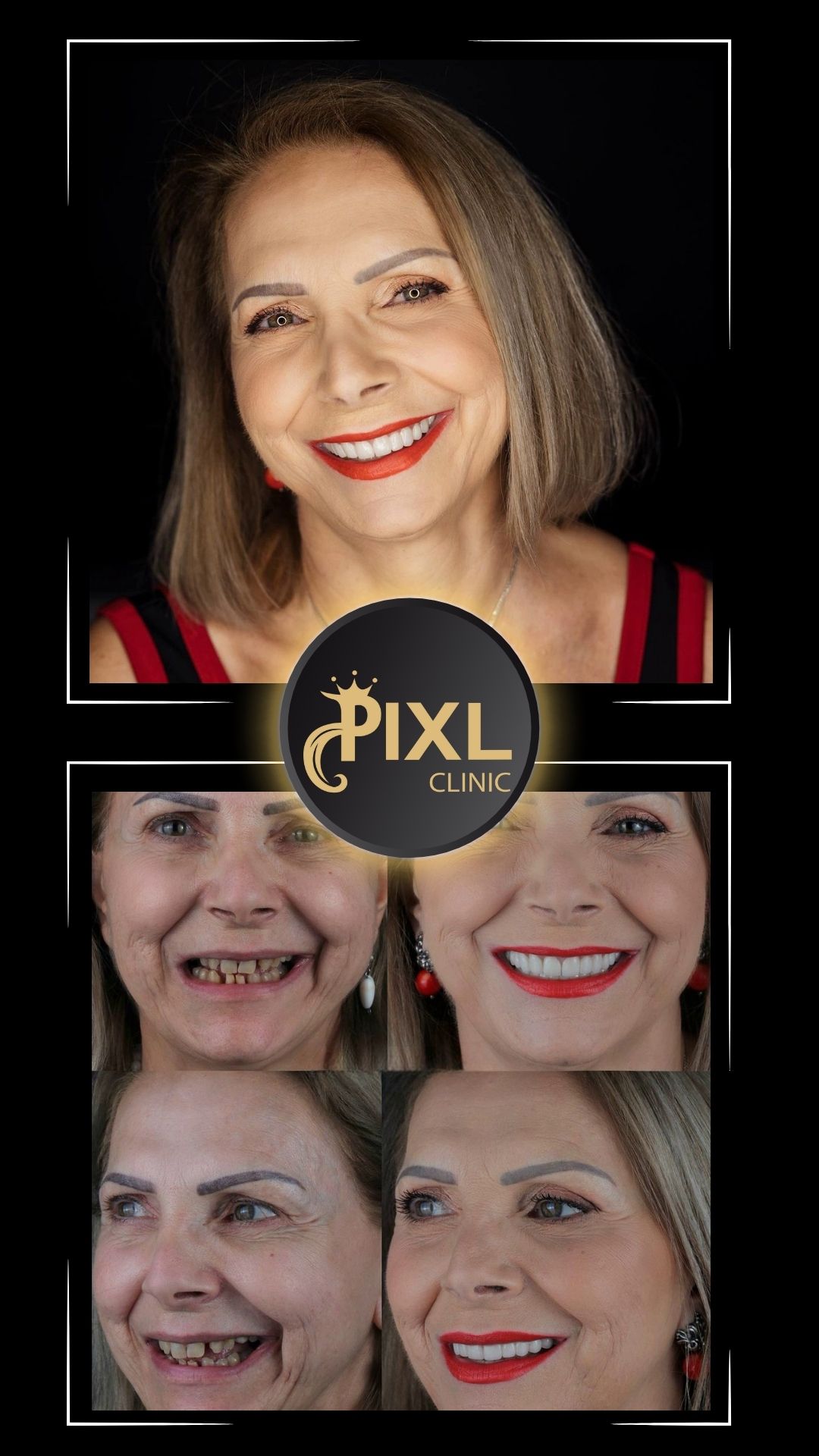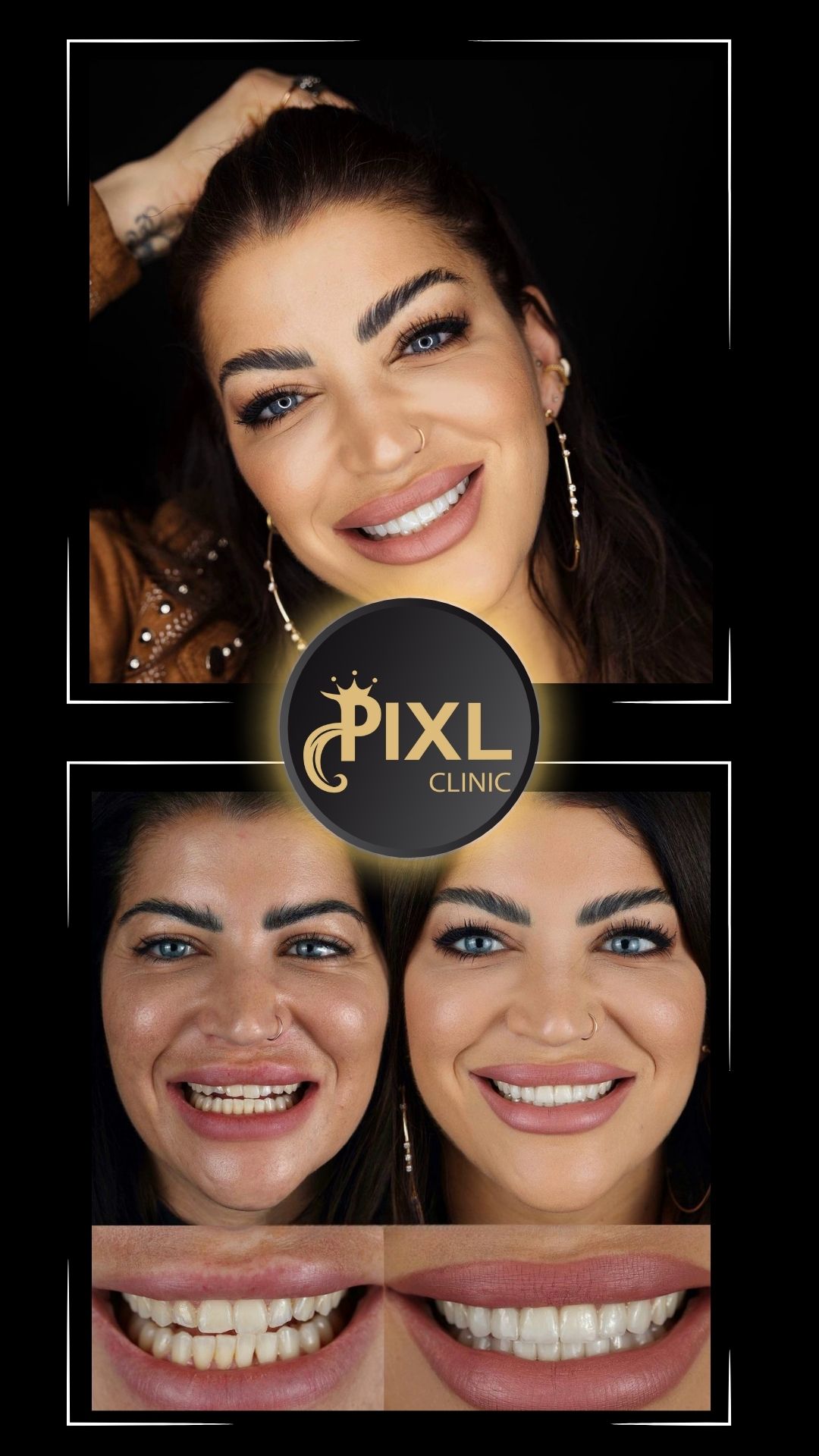Repairing a Chipped Tooth: Your Complete Guide to Treatment Options
A chipped tooth can be a surprising and uncomfortable experience. Whether it happens while eating something hard, during an accident, or due to general wear and tear, it’s important to address the issue promptly. This guide explores the causes, treatment options, and preventative measures for repairing a chipped tooth.
Causes of a Chipped Tooth
Understanding why teeth chip can help you avoid future incidents. Common causes include:
- Trauma or Injury: Sports accidents, falls, or blows to the face can lead to chipped teeth.
- Chewing Hard Foods: Ice, hard candy, and bones are common culprits.
- Tooth Decay or Weakness: Cavities or prior dental work can weaken the structure of a tooth, making it prone to chipping.
- Bruxism: Teeth grinding, especially at night, can wear down enamel over time.
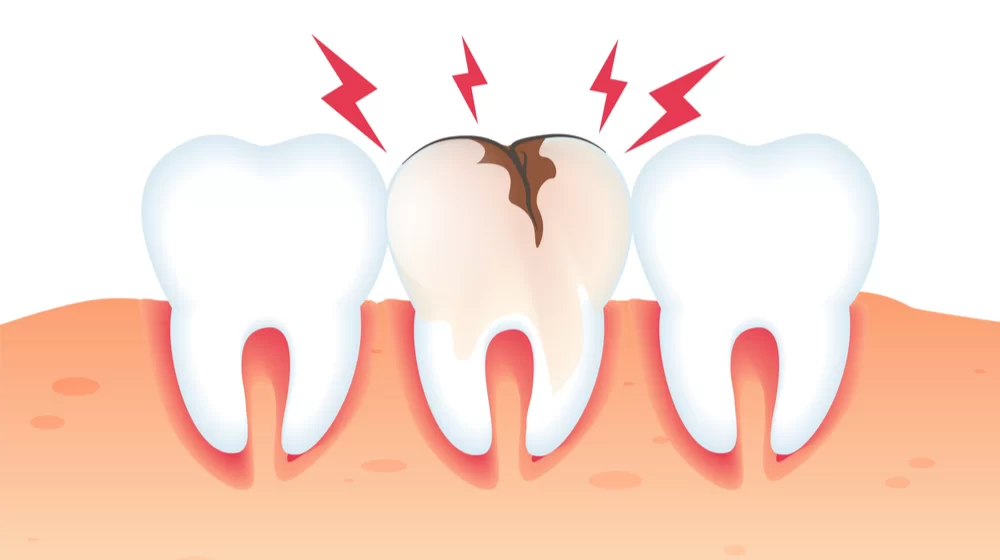
Symptoms of a Chipped Tooth
Some chips are easy to spot, but others may be less obvious. Look for these signs:
- Sharp or jagged edges on the tooth
- Sensitivity to hot, cold, or sweet foods and drinks
- Discomfort while chewing
- Visible cracks or missing pieces in the tooth
Treatment Options for a Chipped Tooth
The appropriate treatment depends on the size and severity of the chip. Below are the most common options:
1. Dental Bonding
- What It Is: A quick, minimally invasive procedure where a tooth-colored resin is applied to the chipped area.
- Best For: Small chips and cosmetic repairs.
- Advantages: Cost-effective, requires a single visit, and matches the natural tooth color.
2. Veneers
- What It Is: Thin porcelain shells that cover the front surface of the tooth.
- Best For: Front teeth with visible damage or chips.
- Advantages: Durable, aesthetically pleasing, and long-lasting.
3. Dental Crowns
- What It Is: A custom-made cap that covers the entire tooth.
- Best For: Large chips or when a tooth is significantly weakened.
- Advantages: Provides strength and restores function.
4. Root Canal Therapy
- What It Is: A procedure to remove damaged or infected pulp if the chip exposes the tooth’s inner layers.
- Best For: Chips that reach the pulp and cause severe pain or infection.
- Advantages: Saves the natural tooth while alleviating discomfort.
5. Dental Implants
- What It Is: A permanent solution involving the replacement of the damaged tooth with an implant if it cannot be saved.
- Best For: Severe cases where the tooth is beyond repair.
- Advantages: Durable and functions like a natural tooth.
What to Do Immediately After Chipping a Tooth
If you chip a tooth, follow these steps before seeing a dentist:
- Rinse Your Mouth: Use warm water to clean the area and reduce the risk of infection.
- Save the Tooth Fragment: If possible, keep the chipped piece and store it in milk or saline.
- Apply a Cold Compress: Reduce swelling and alleviate pain by holding a cold pack to the affected area.
- Avoid Chewing on the Damaged Tooth: Use the other side of your mouth to prevent further damage.
- Take Over-the-Counter Pain Relief: If needed, use acetaminophen or ibuprofen to manage discomfort.
Preventing a Chipped Tooth
Prevention is always better than cure. Protect your teeth by:
- Avoiding hard foods and non-food items like ice or pen caps.
- Wearing a mouthguard during sports or if you grind your teeth at night.
- Maintaining good oral hygiene to keep teeth strong and healthy.
- Scheduling regular dental check-ups to catch potential issues early.
When to See a Dentist
Even if the chip seems minor, it’s crucial to consult a dentist promptly. A small chip can lead to complications like decay, sensitivity, or further breakage if left untreated.
Final Thoughts
A chipped tooth doesn’t have to ruin your smile or oral health. With a range of treatment options available, from simple bonding to advanced implants, dentists can restore your tooth’s function and appearance effectively. Act quickly, follow your dentist’s advice, and take preventative measures to keep your teeth in great shape for years to come.
By addressing the issue early, you can save yourself time, money, and discomfort in the long run.
FAQ: Repairing a Chipped Tooth
Can a chipped tooth heal on its own?
No, a chipped tooth cannot heal itself because enamel does not regenerate. Professional treatment is necessary to repair the damage and prevent further complications.
How serious is a chipped tooth?
The severity depends on the size and location of the chip. Minor chips may only require cosmetic repair, while larger chips exposing the pulp or root may need extensive treatment like a root canal or crown.
Is it painful to fix a chipped tooth?
Most procedures to repair a chipped tooth, such as bonding or veneers, are painless. Treatments like root canals may involve discomfort, but modern anesthetics make the process virtually pain-free.
What happens if I don’t fix a chipped tooth?
Leaving a chipped tooth untreated can lead to:
- Increased sensitivity
- Risk of infection or decay
- Further damage to the tooth
- Difficulty chewing or speaking
How long does it take to repair a chipped tooth?
- Bonding: 30–60 minutes
- Veneers: 2–3 visits over a few weeks
- Crowns: 1–2 visits
- Root Canal: 1–2 visits
- Implants: Several months (including healing time)
Can I eat after repairing a chipped tooth?
For minor repairs like bonding, you can eat shortly after the procedure. For more extensive treatments like crowns or implants, your dentist may recommend waiting a few hours or adjusting your diet temporarily.
Will my repaired tooth look natural?
Yes, modern dental materials like composite resin and porcelain are designed to blend seamlessly with your natural teeth.
Can children get their chipped teeth fixed?
Yes, treatment options for children include bonding, crowns, or even smoothing the tooth’s edges, depending on the severity of the chip.
How can I protect my teeth from chipping again?
- Avoid chewing on hard objects.
- Wear a mouthguard during sports or while sleeping if you grind your teeth.
- Maintain good oral hygiene and regular dental visits to keep teeth strong.
What should I do if the chip happens late at night or during the weekend?
Rinse your mouth with warm water, apply a cold compress, and avoid using the damaged tooth. Contact an emergency dentist or schedule the earliest available appointment.
Can over-the-counter products fix a chipped tooth?
No, while temporary dental repair kits can provide short-term relief, they are not a substitute for professional treatment.
How long will the repair last?
- Bonding: 5–10 years
- Veneers: 10–15 years
- Crowns: 10–15 years
- Implants: 20+ years with proper care
Durability depends on your oral hygiene and habits.

